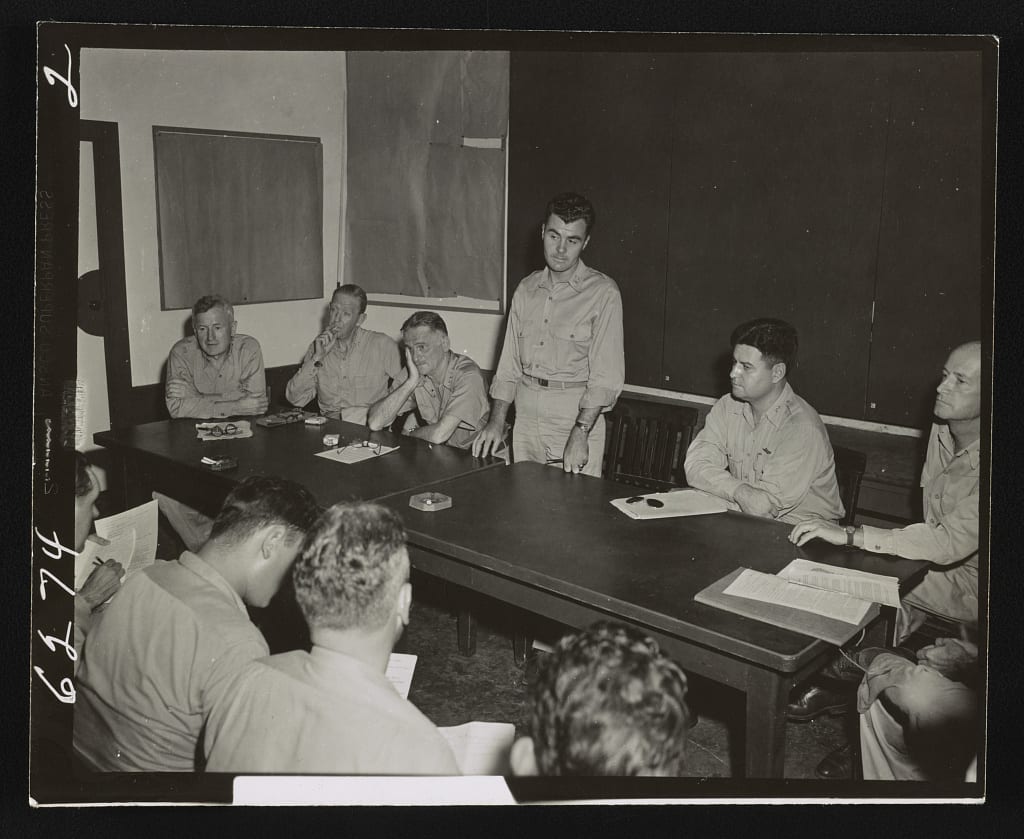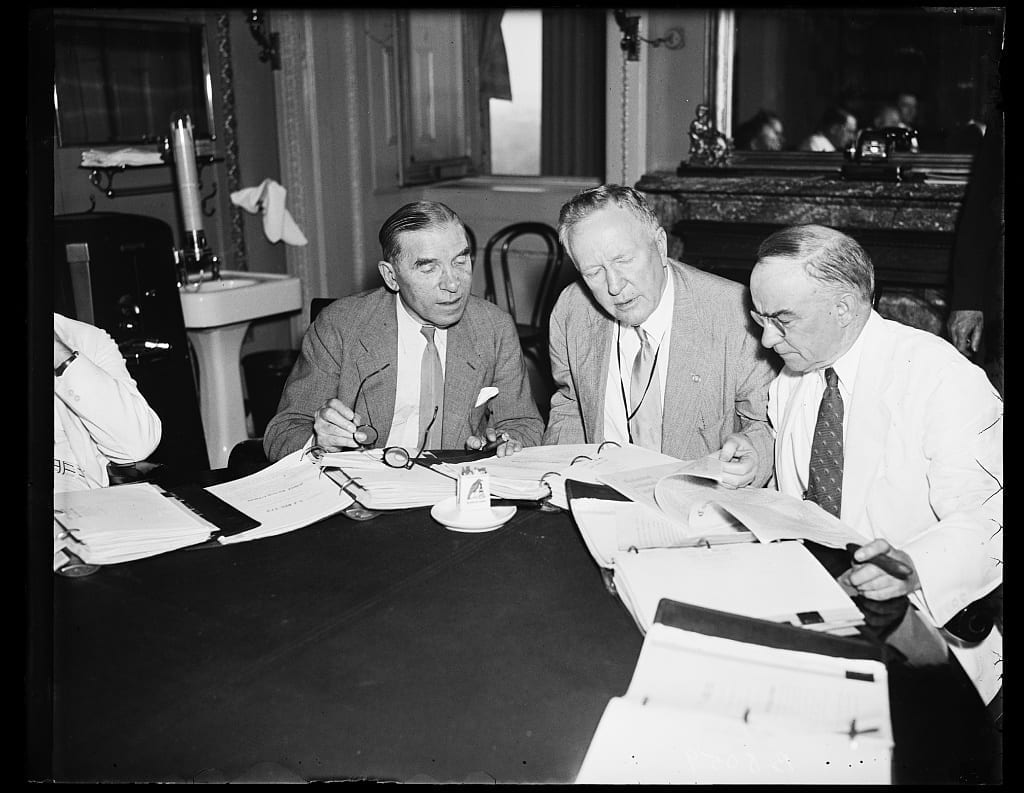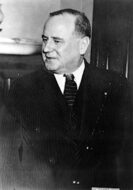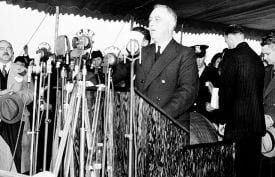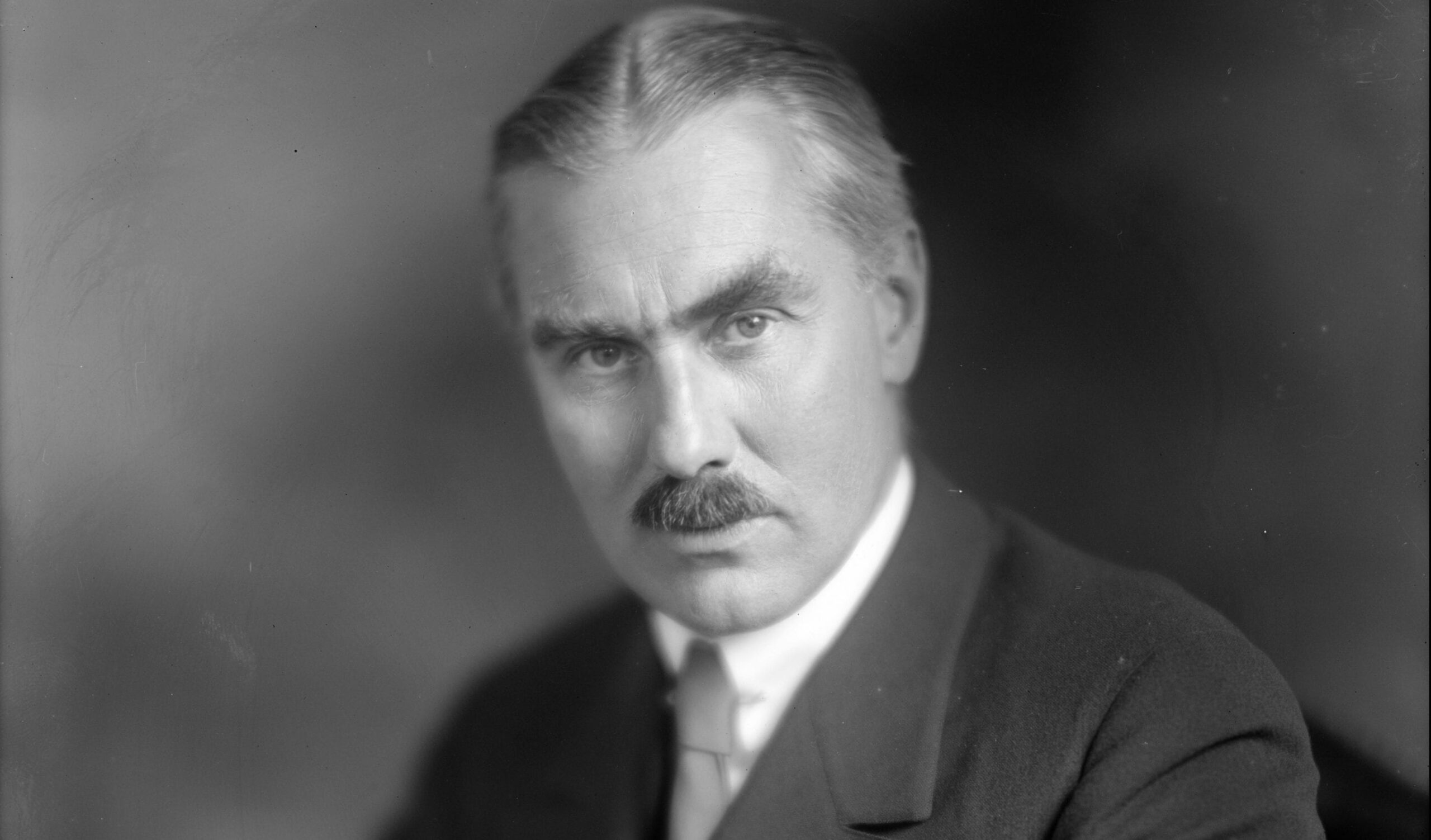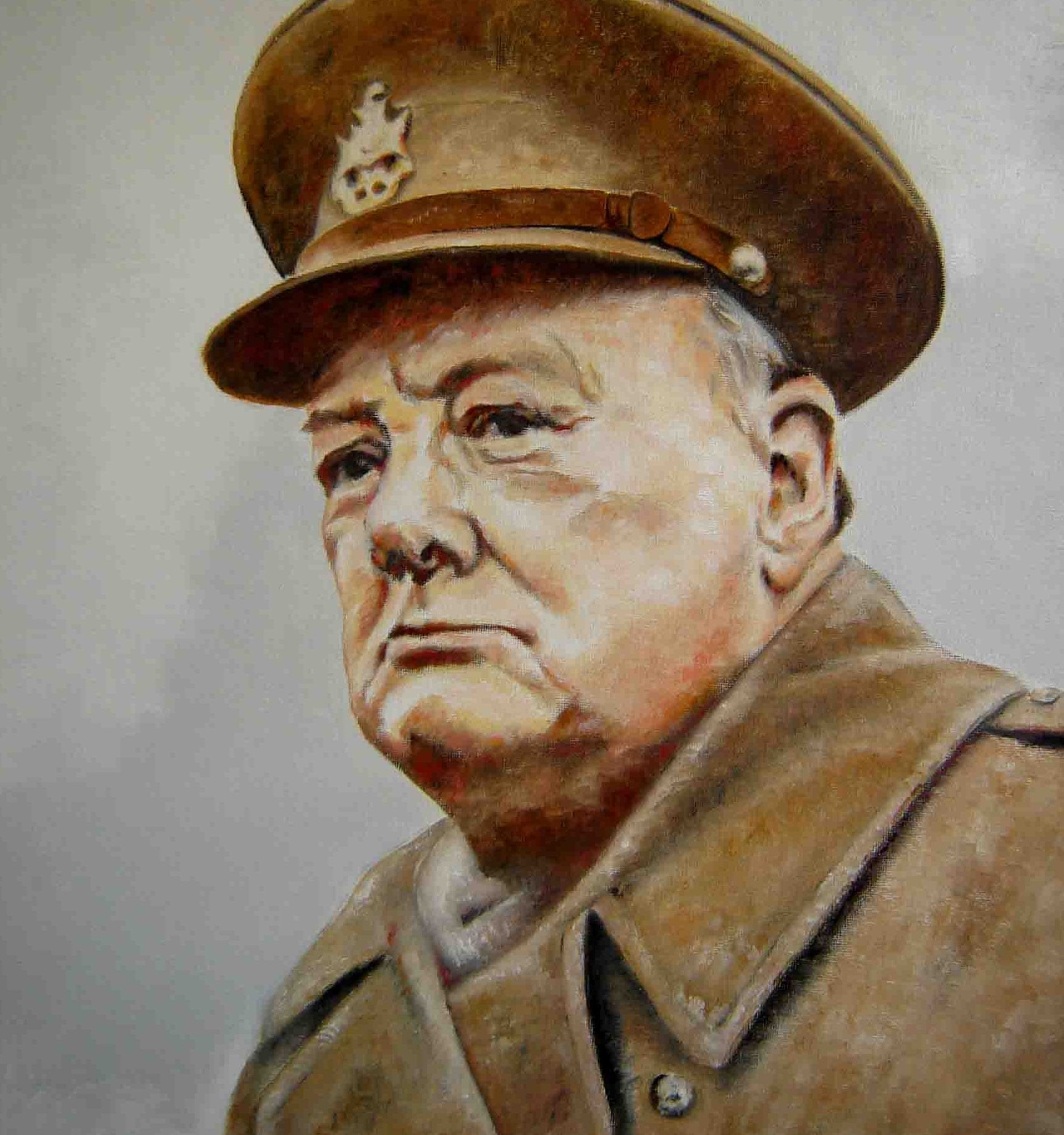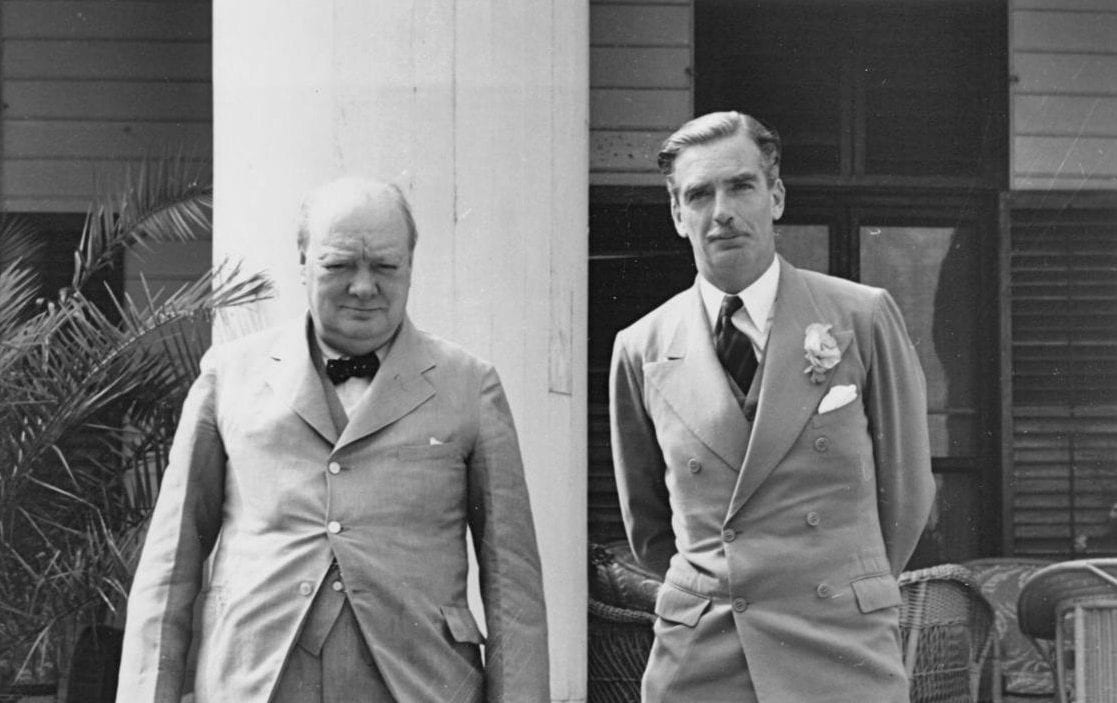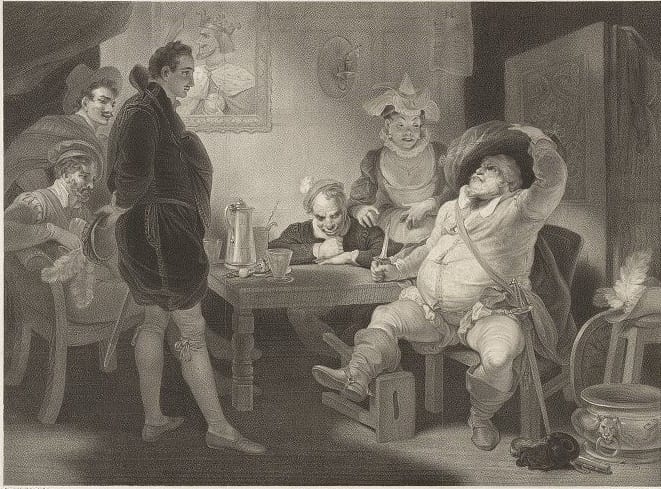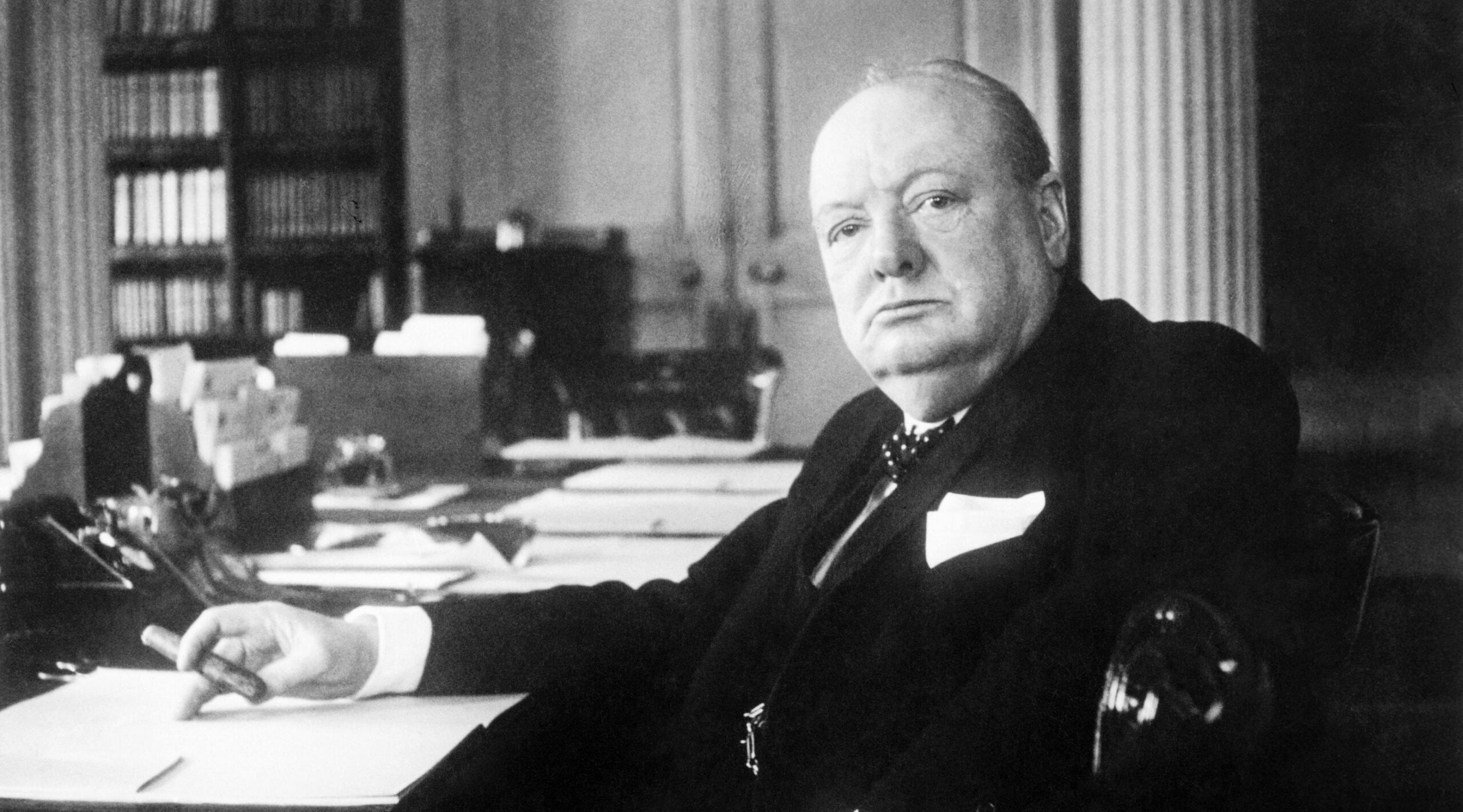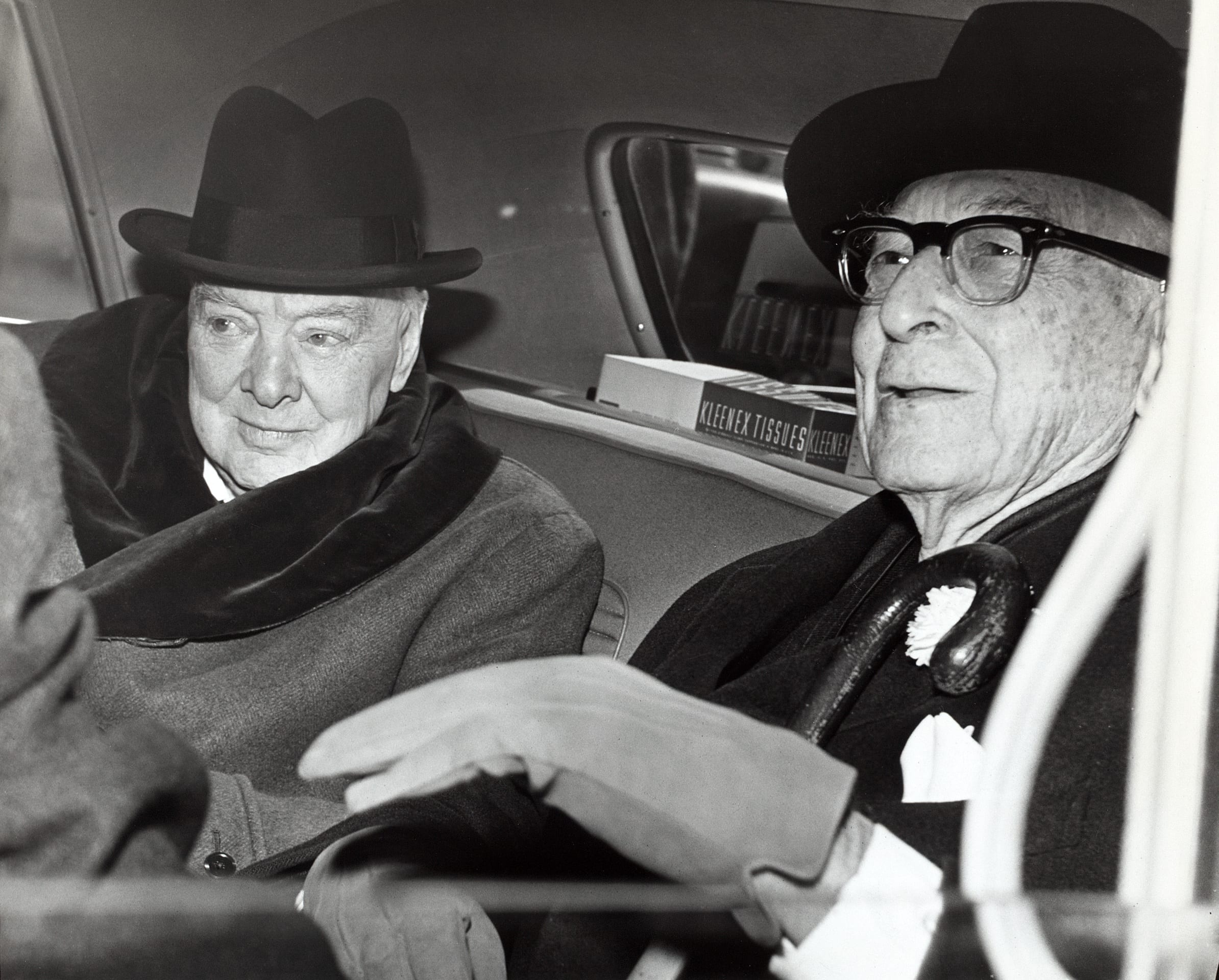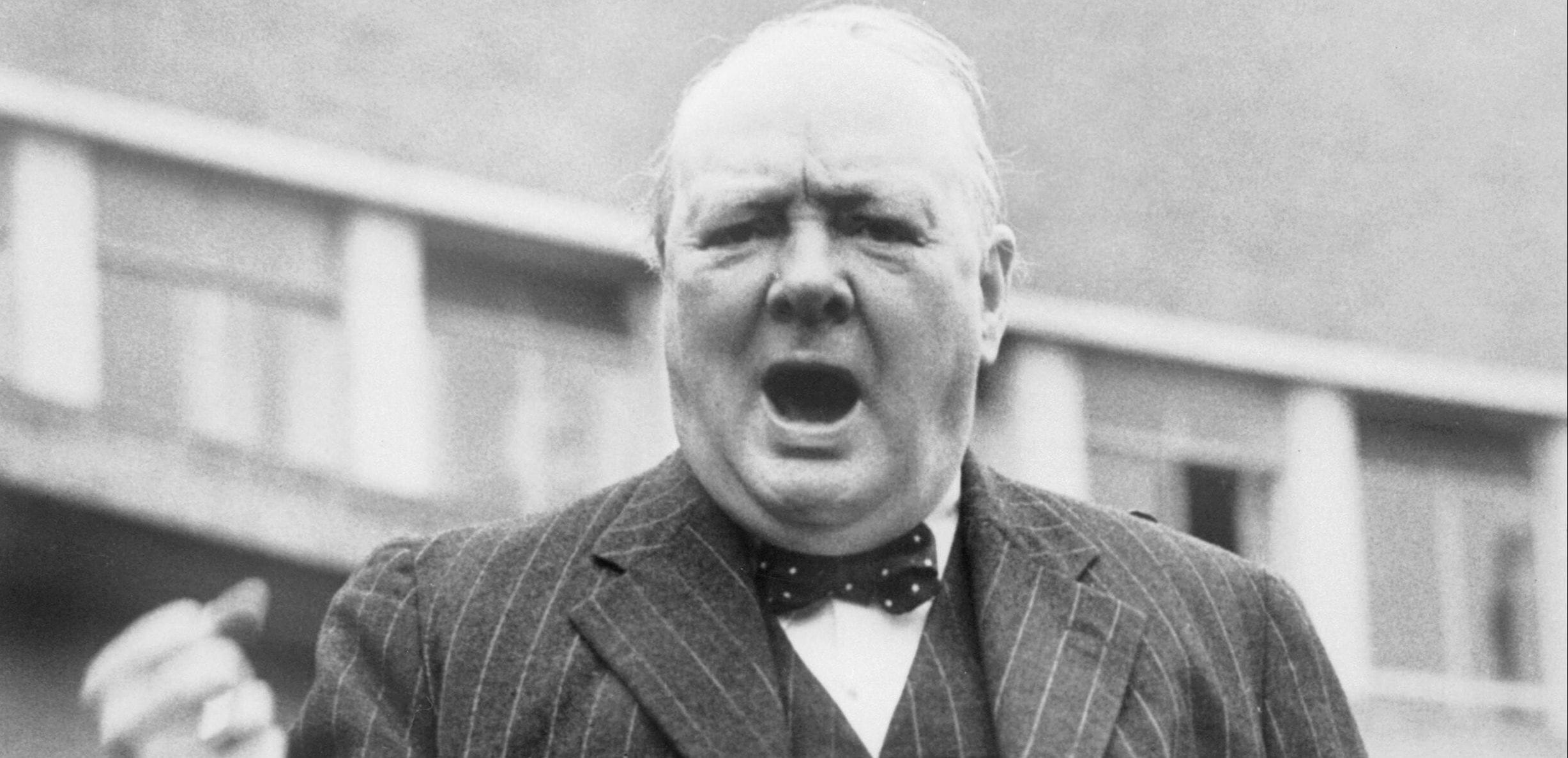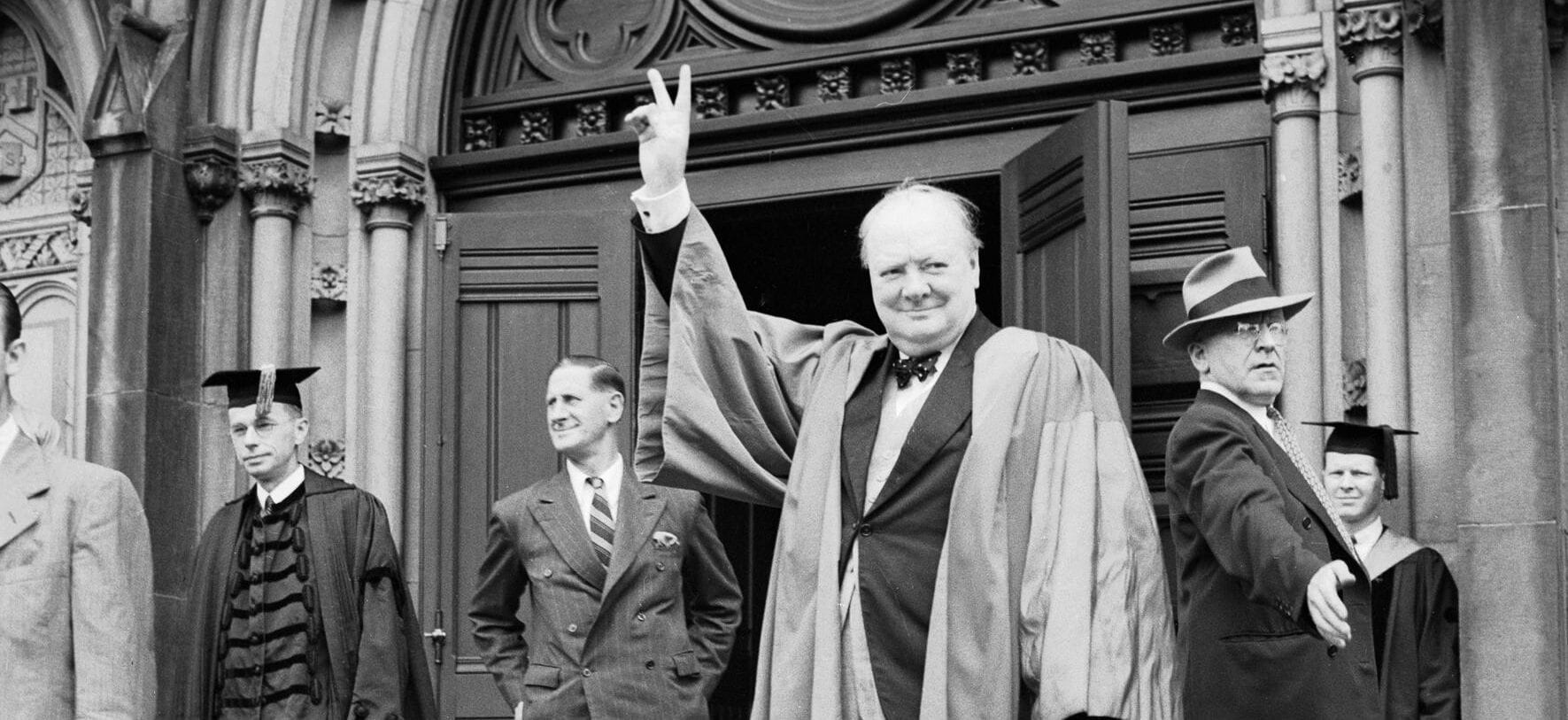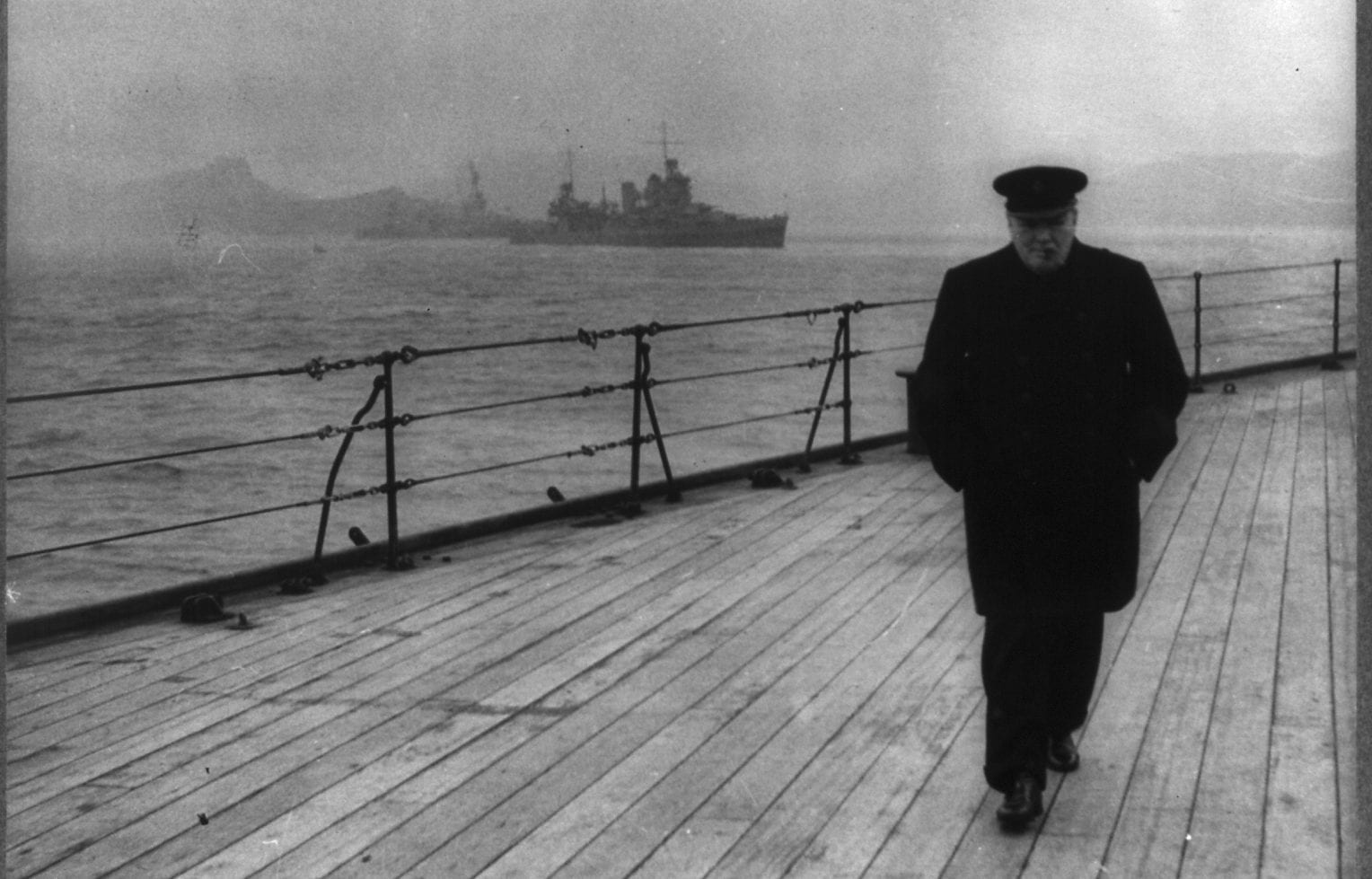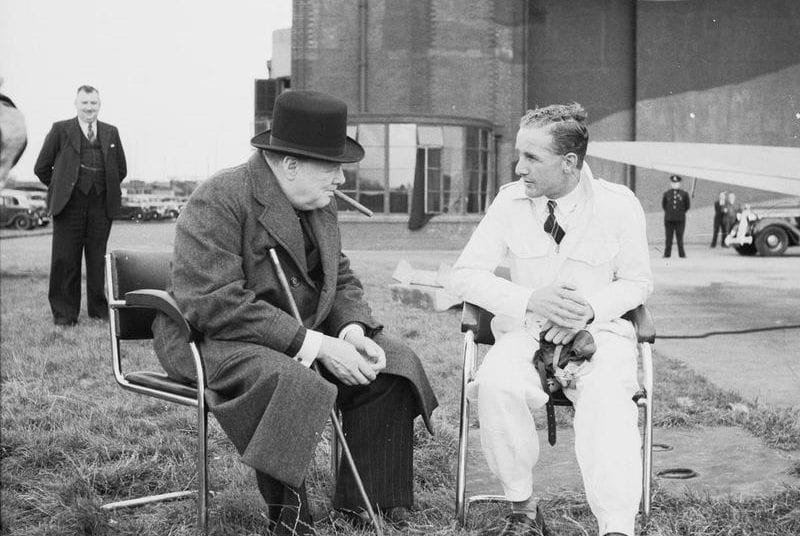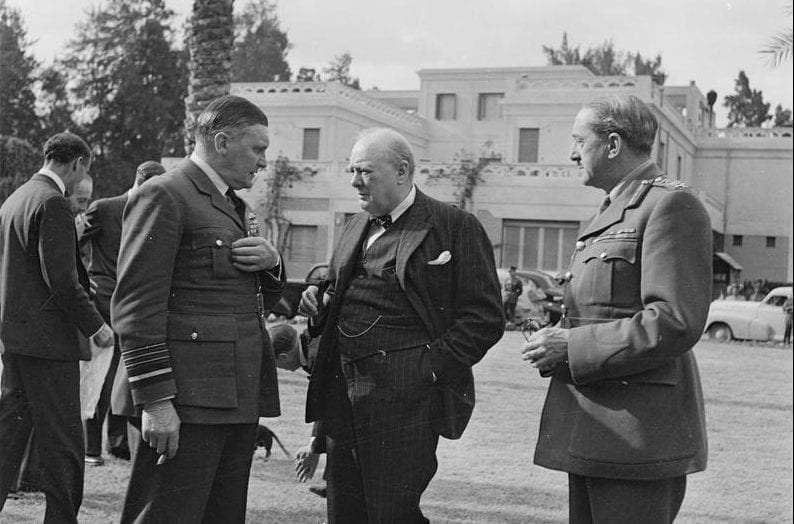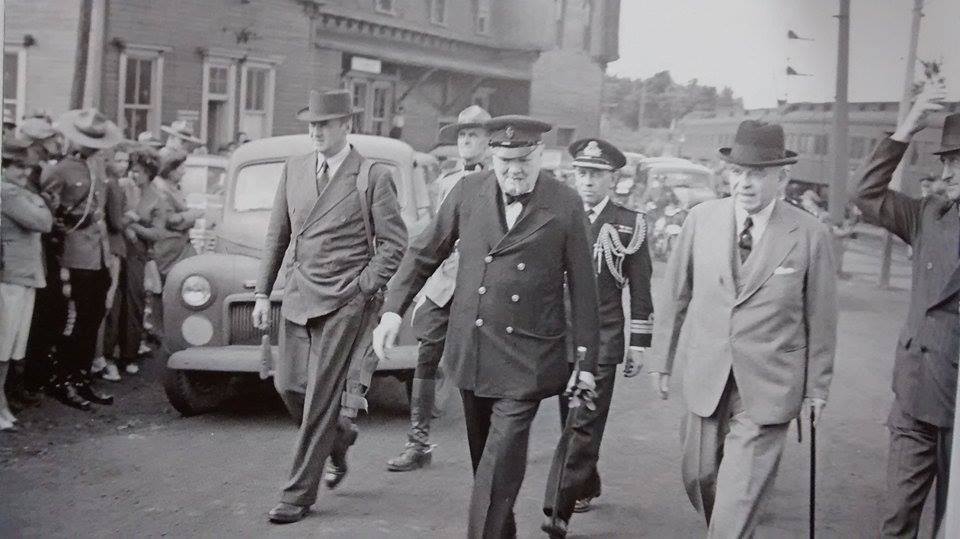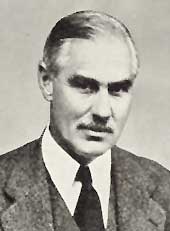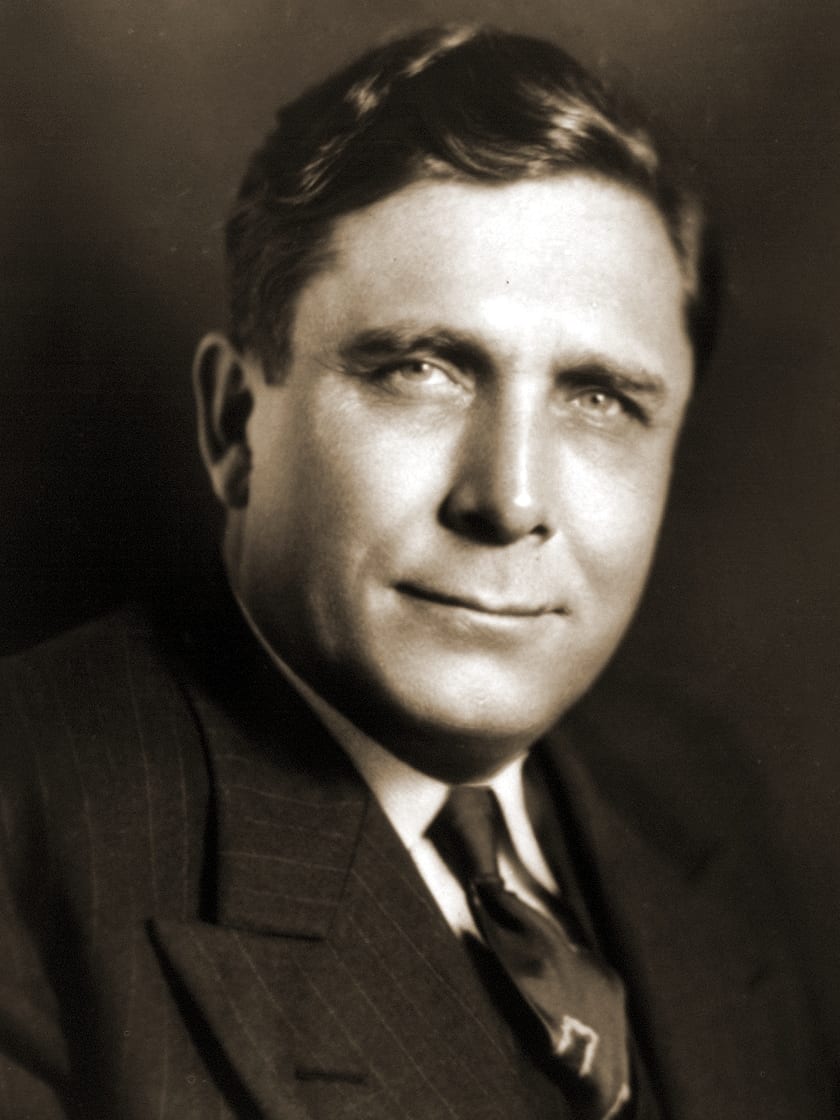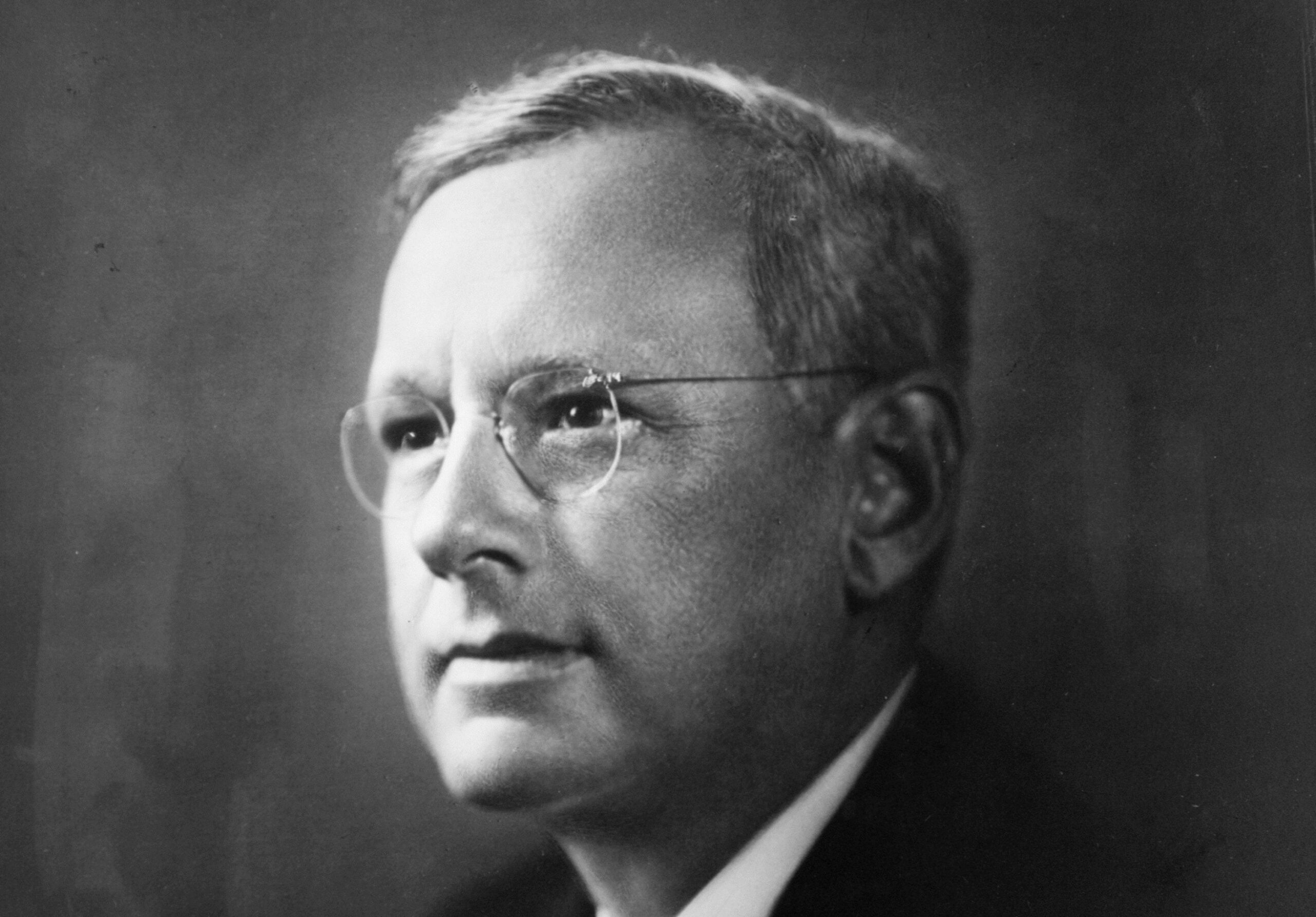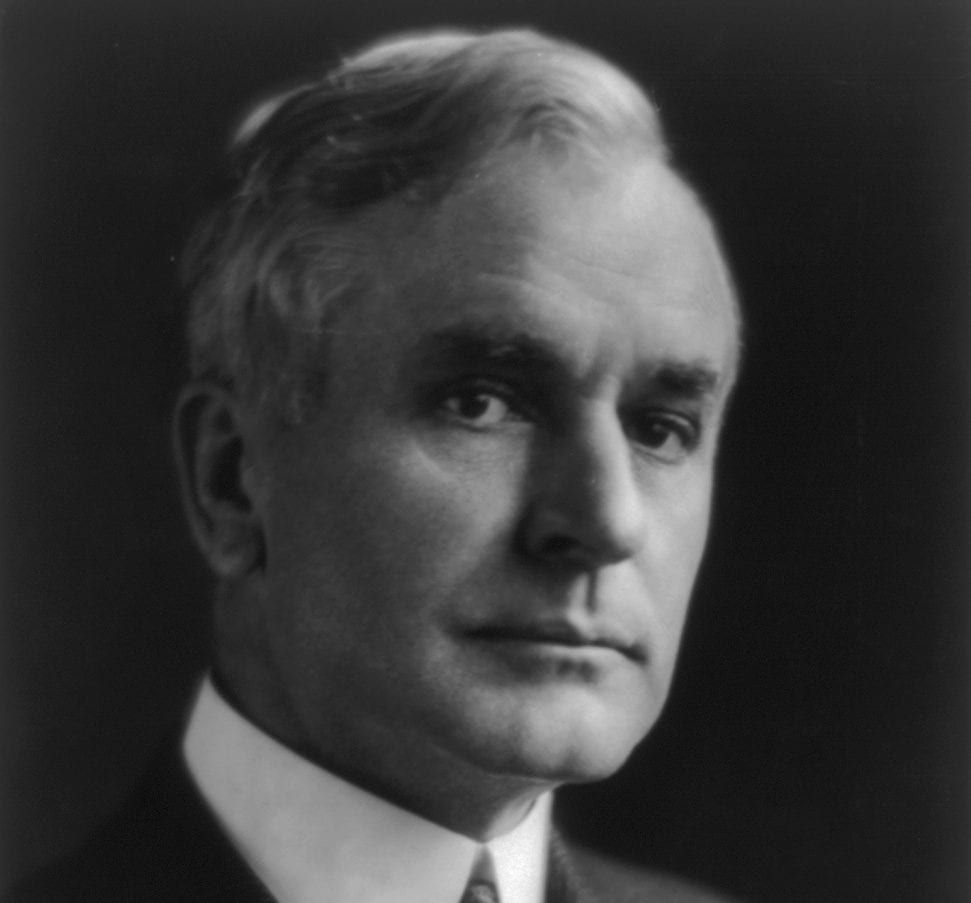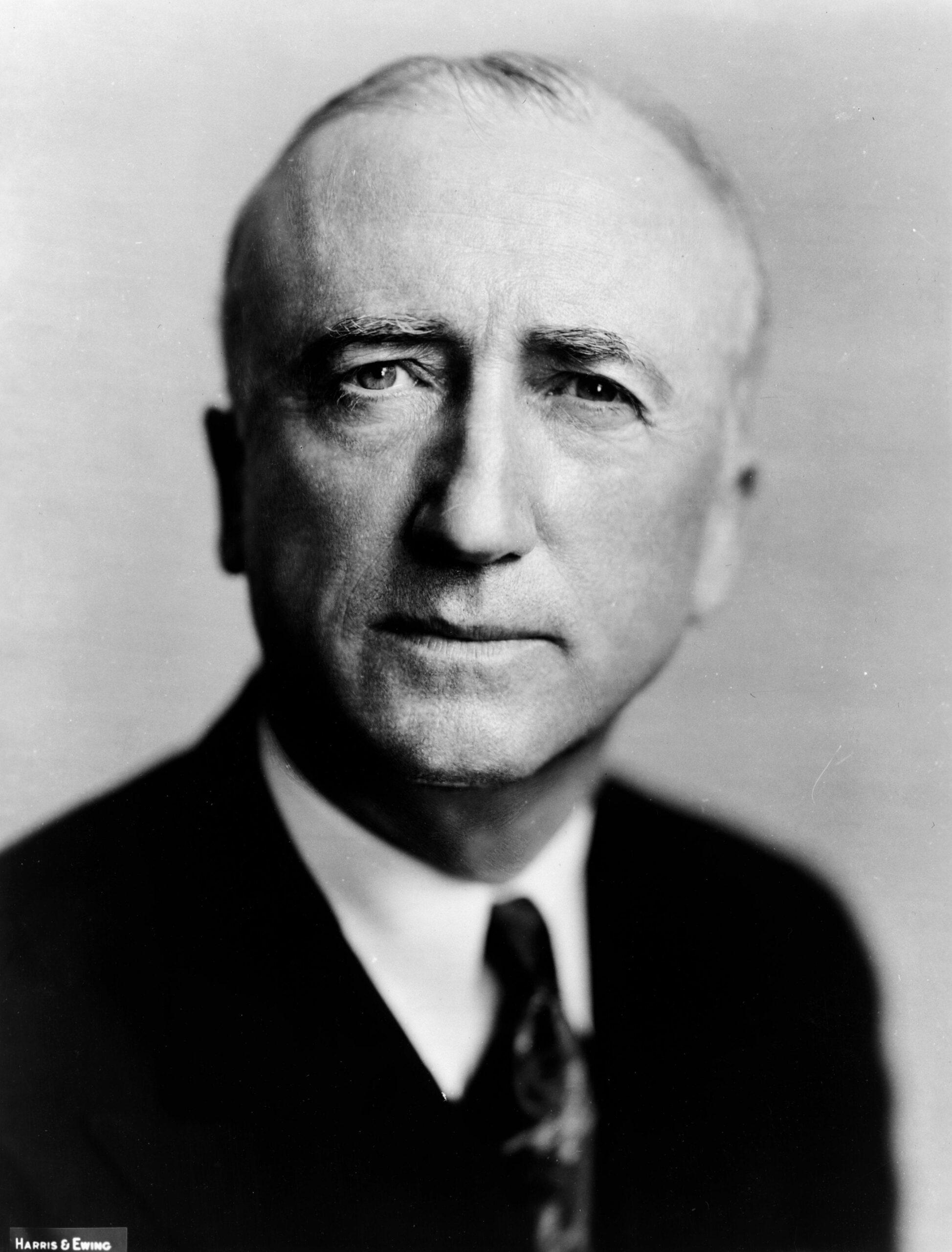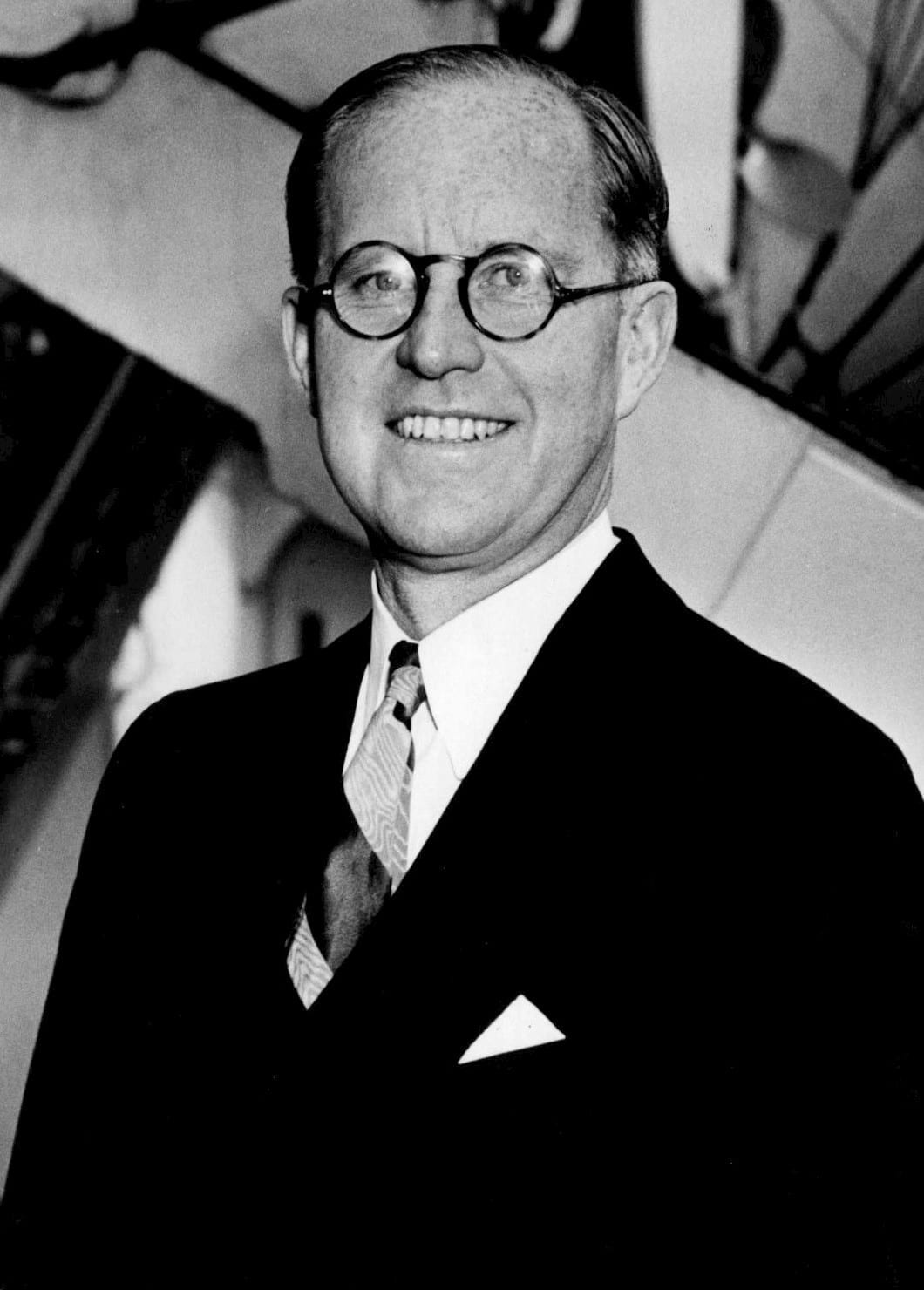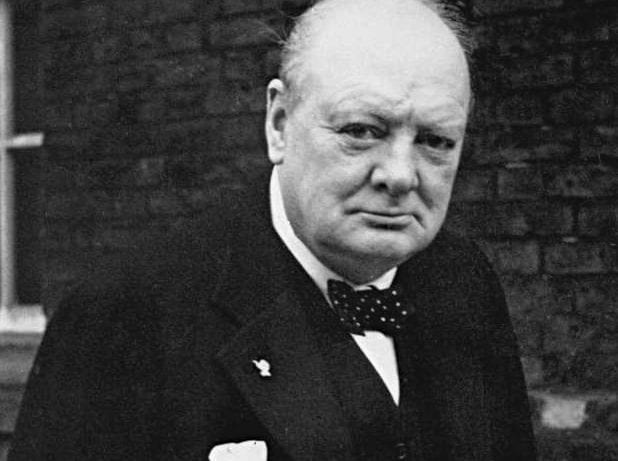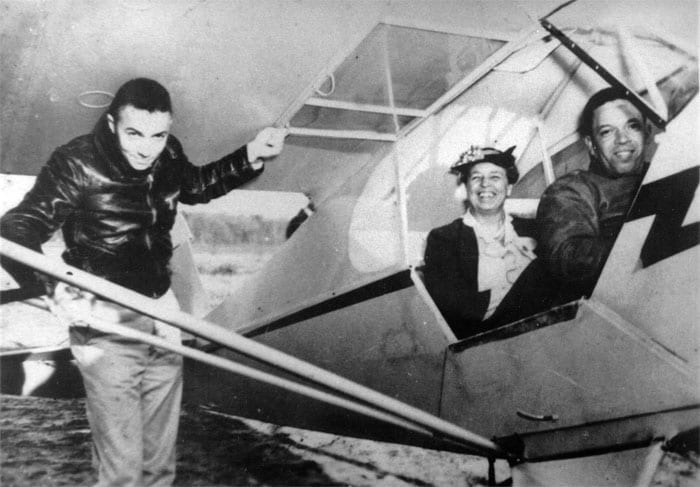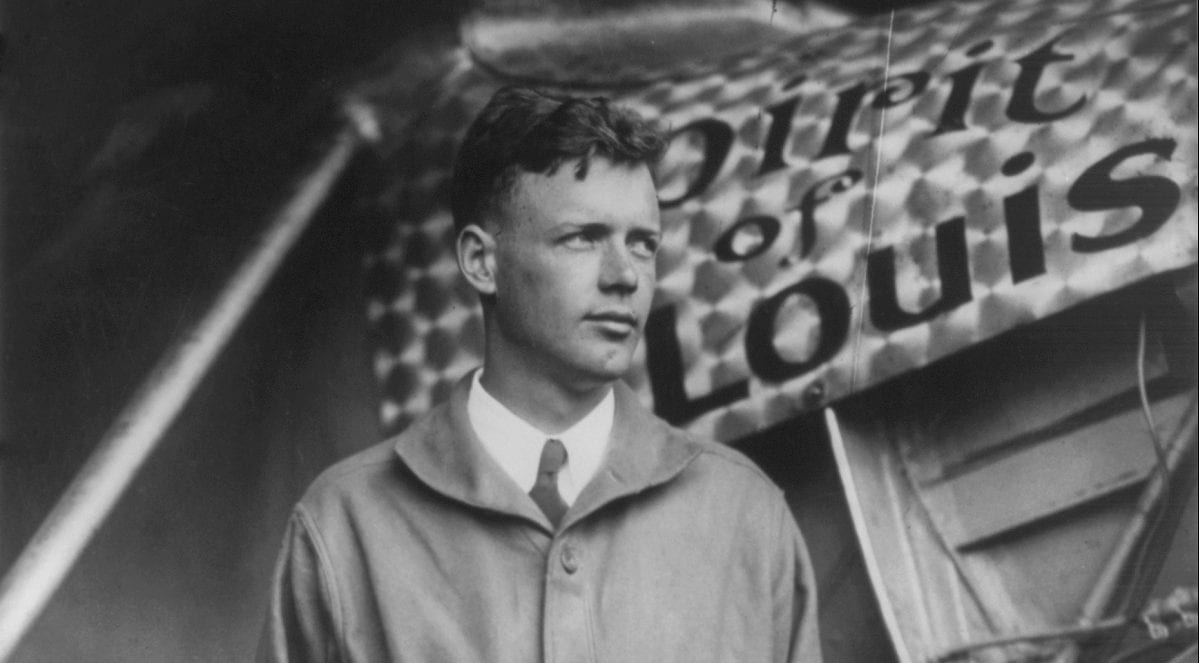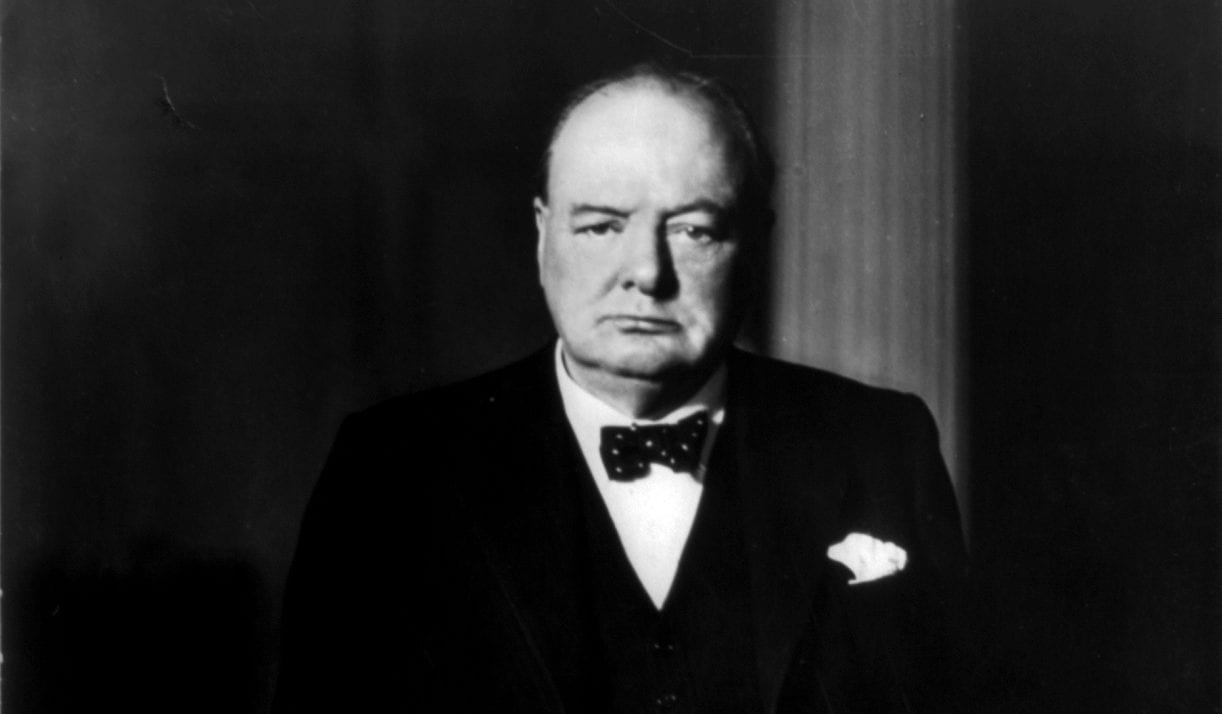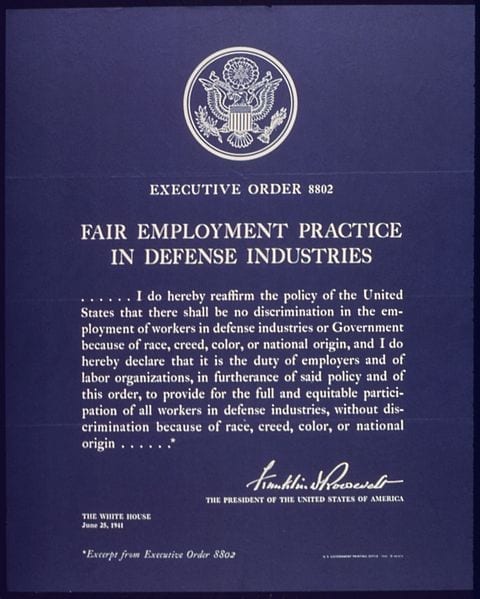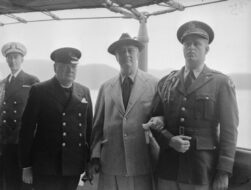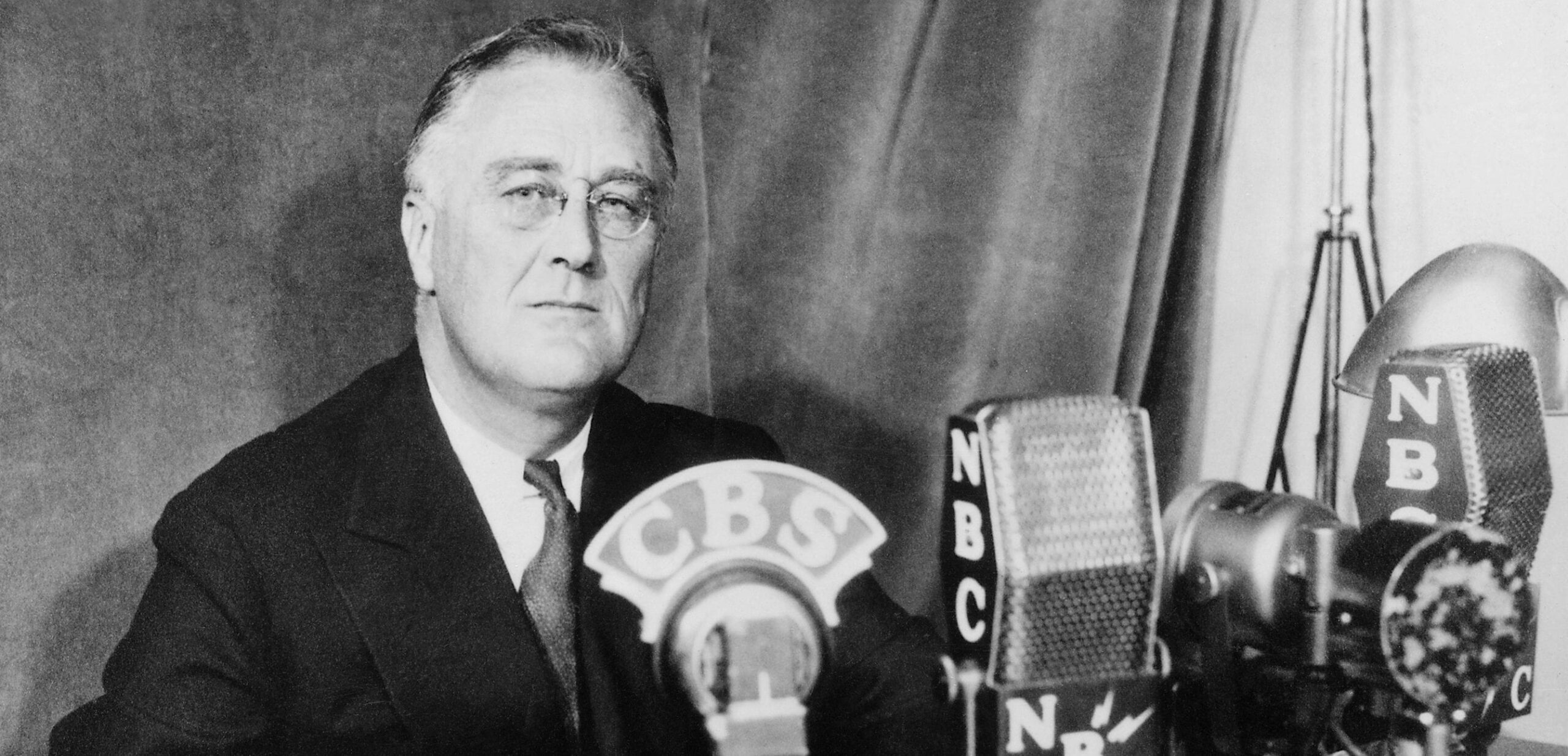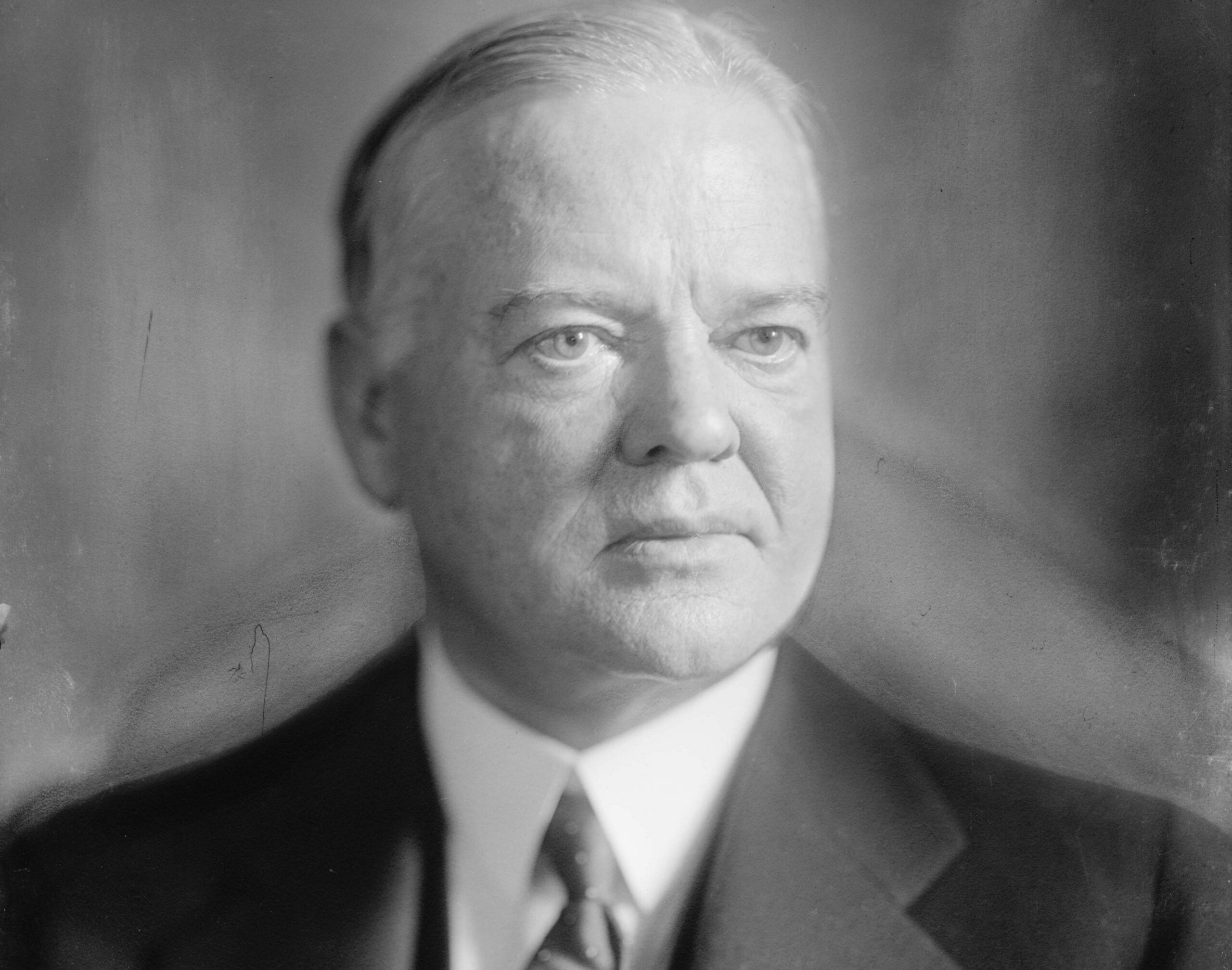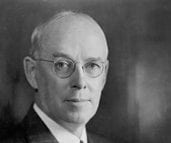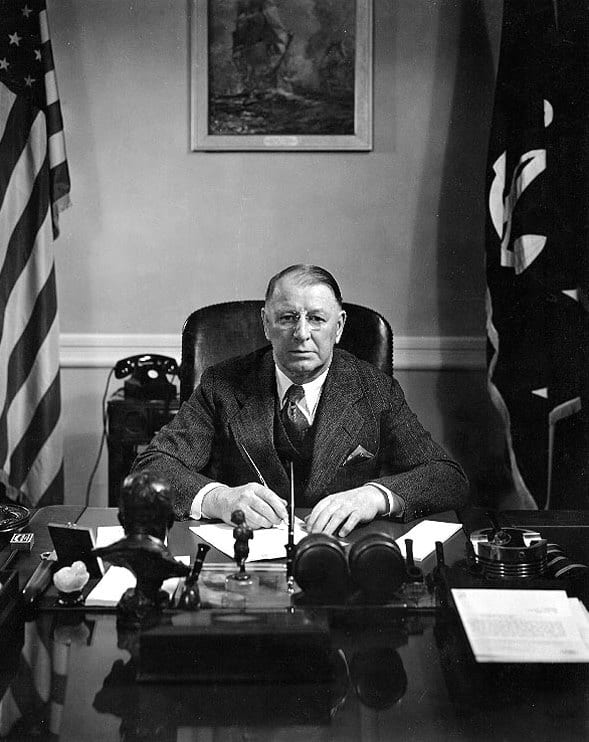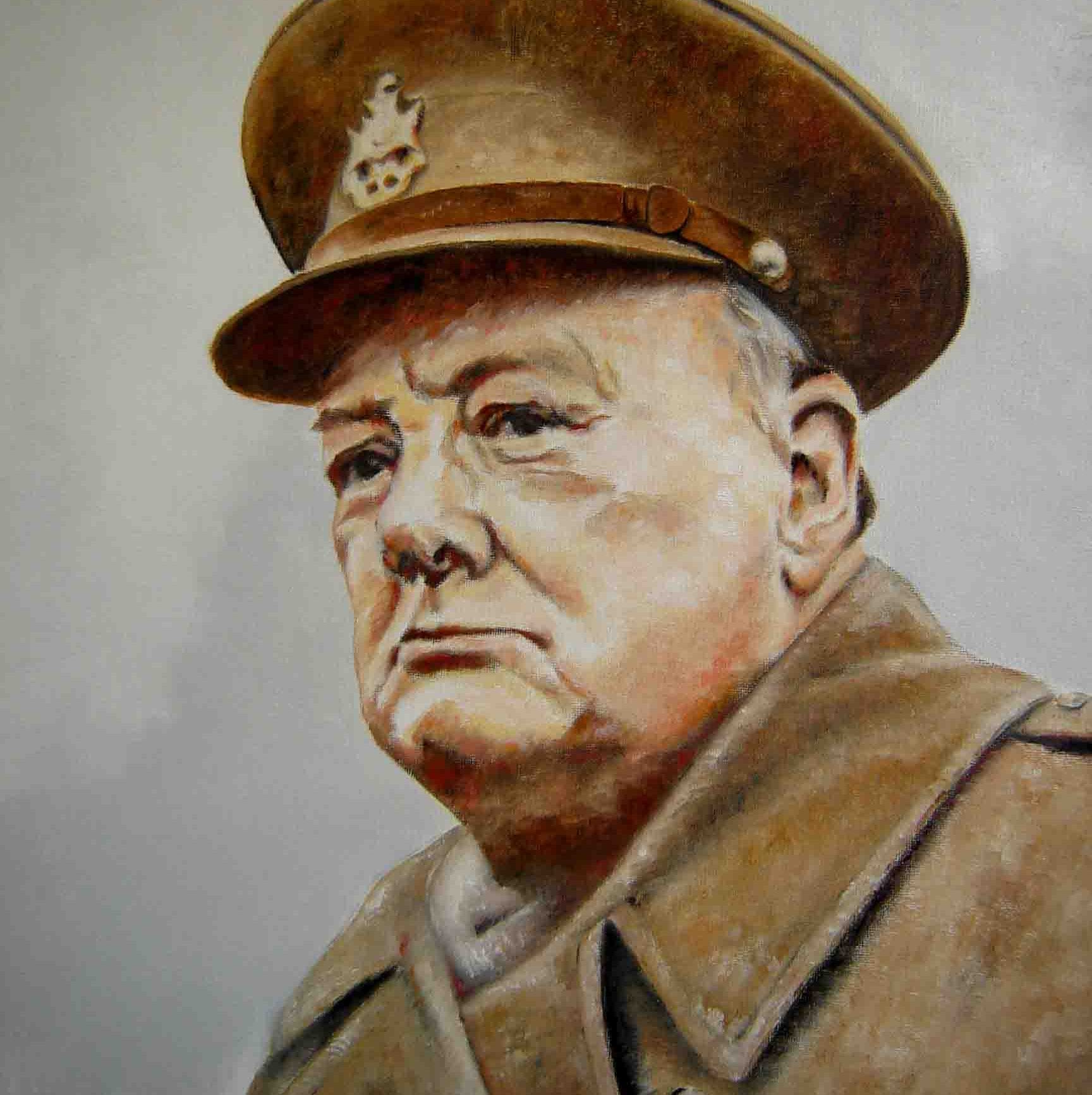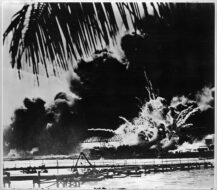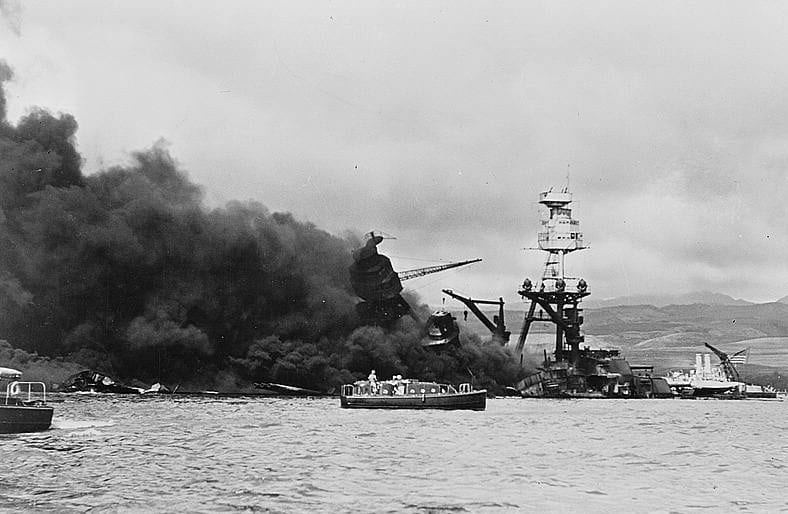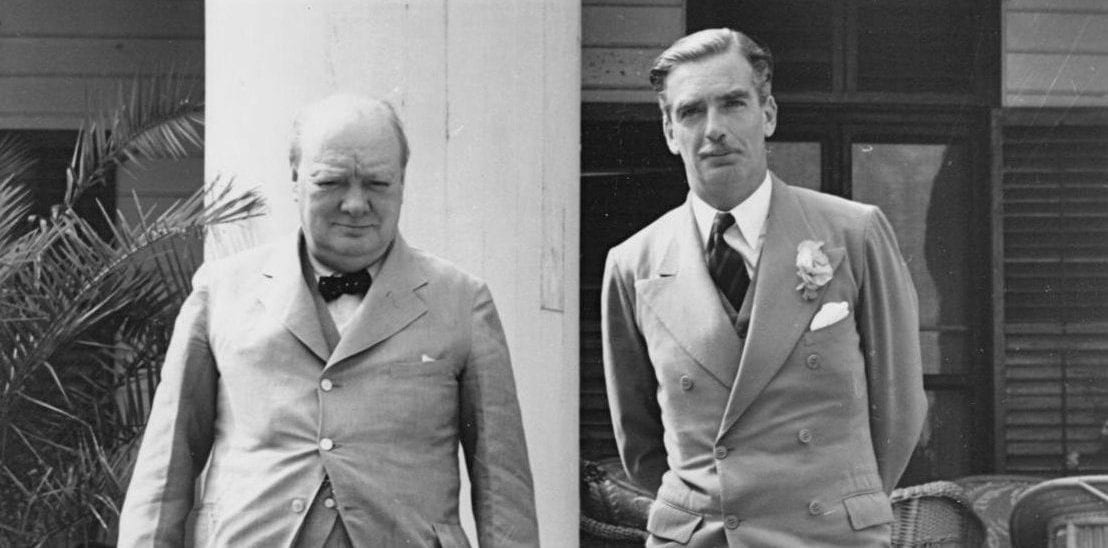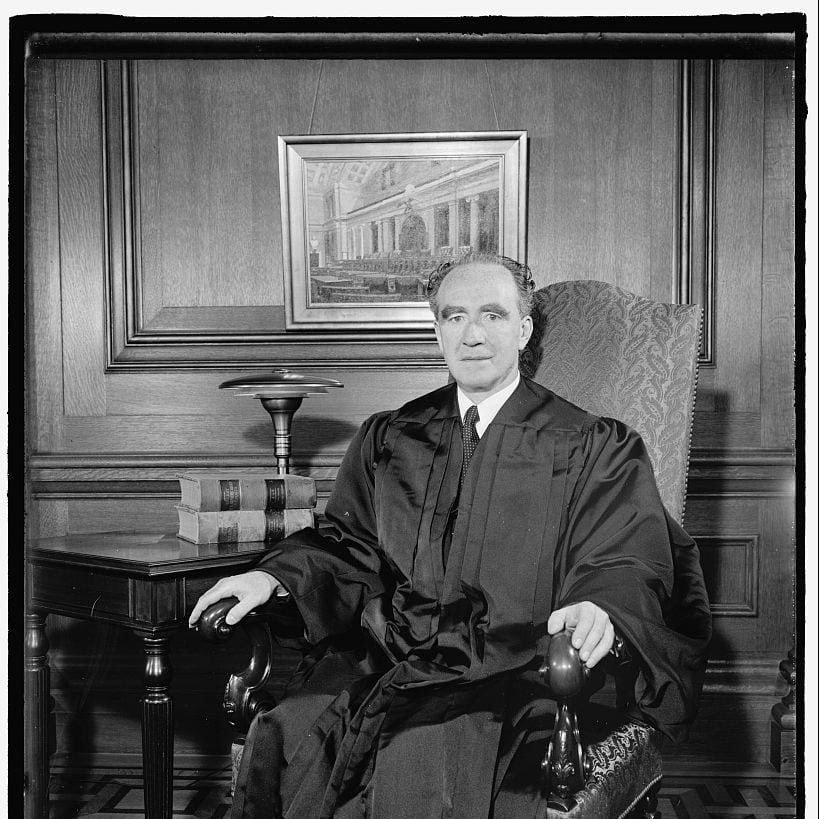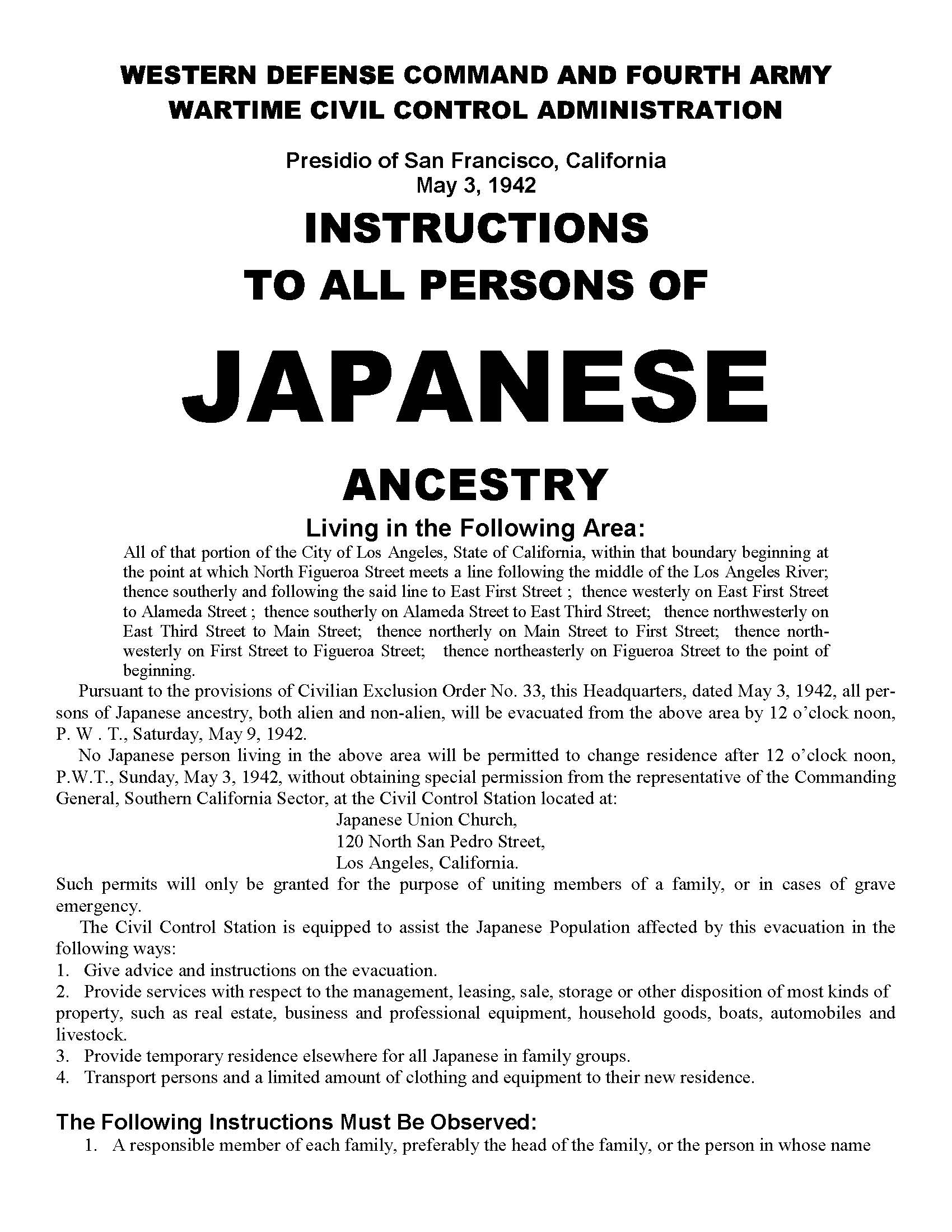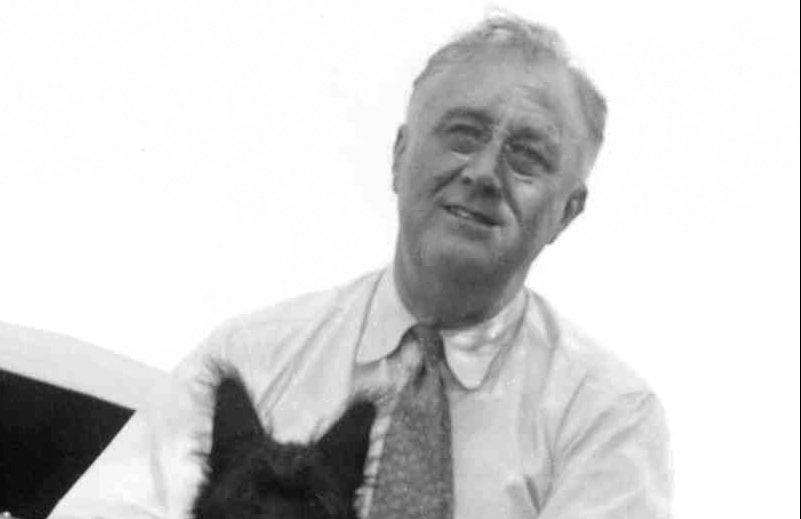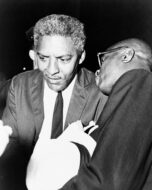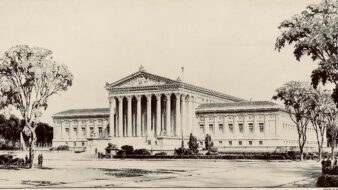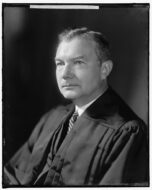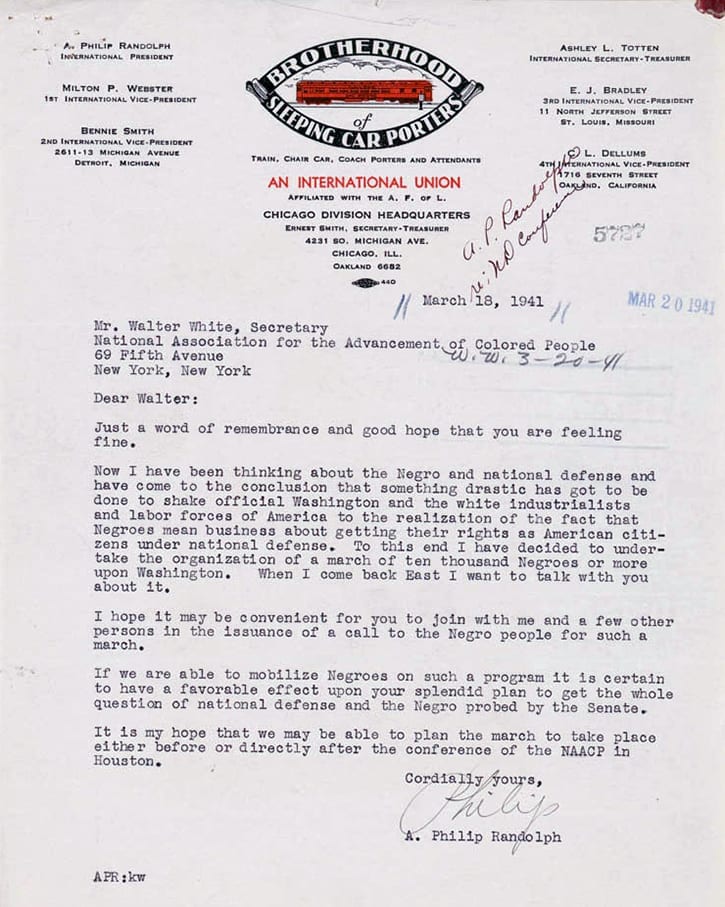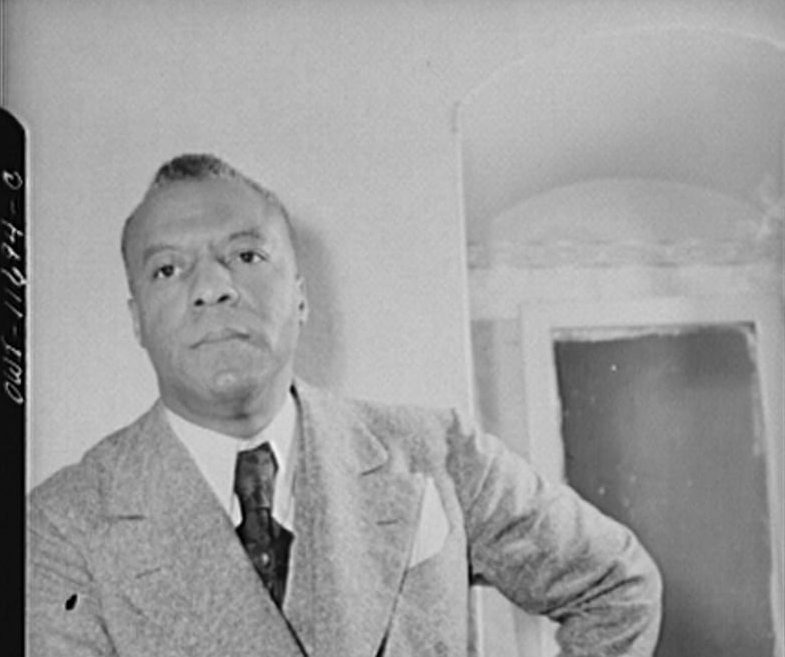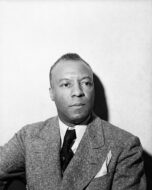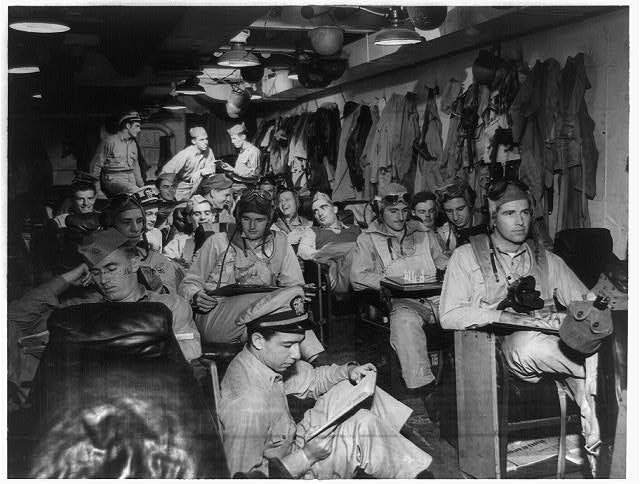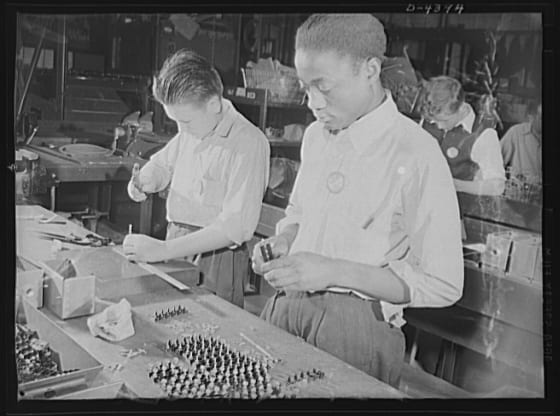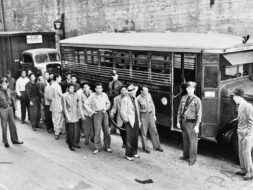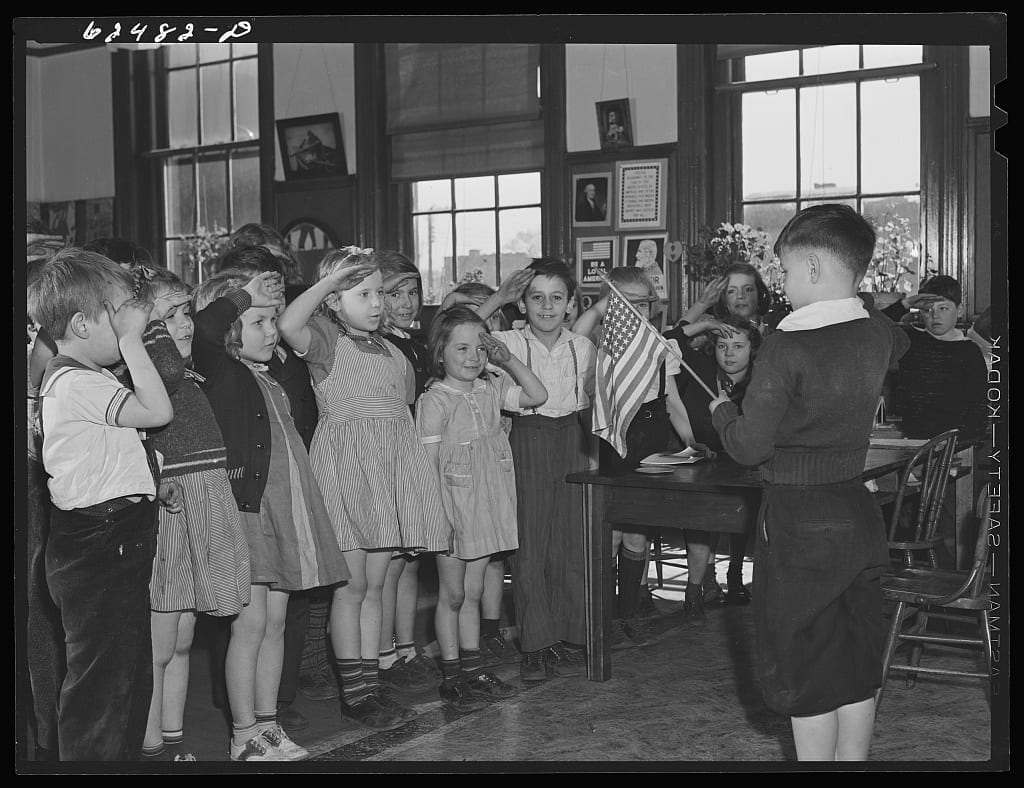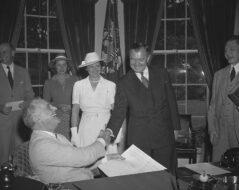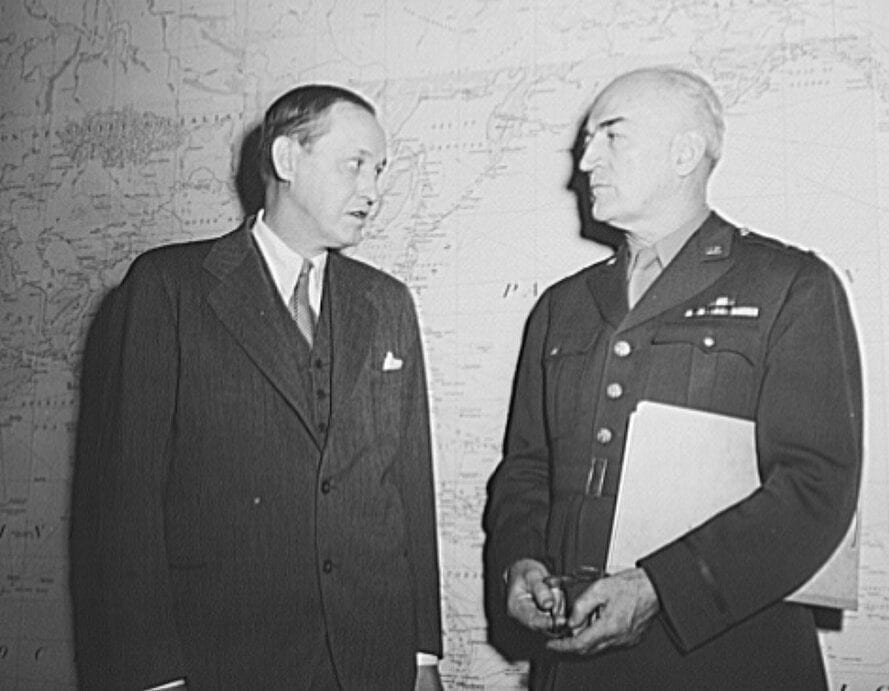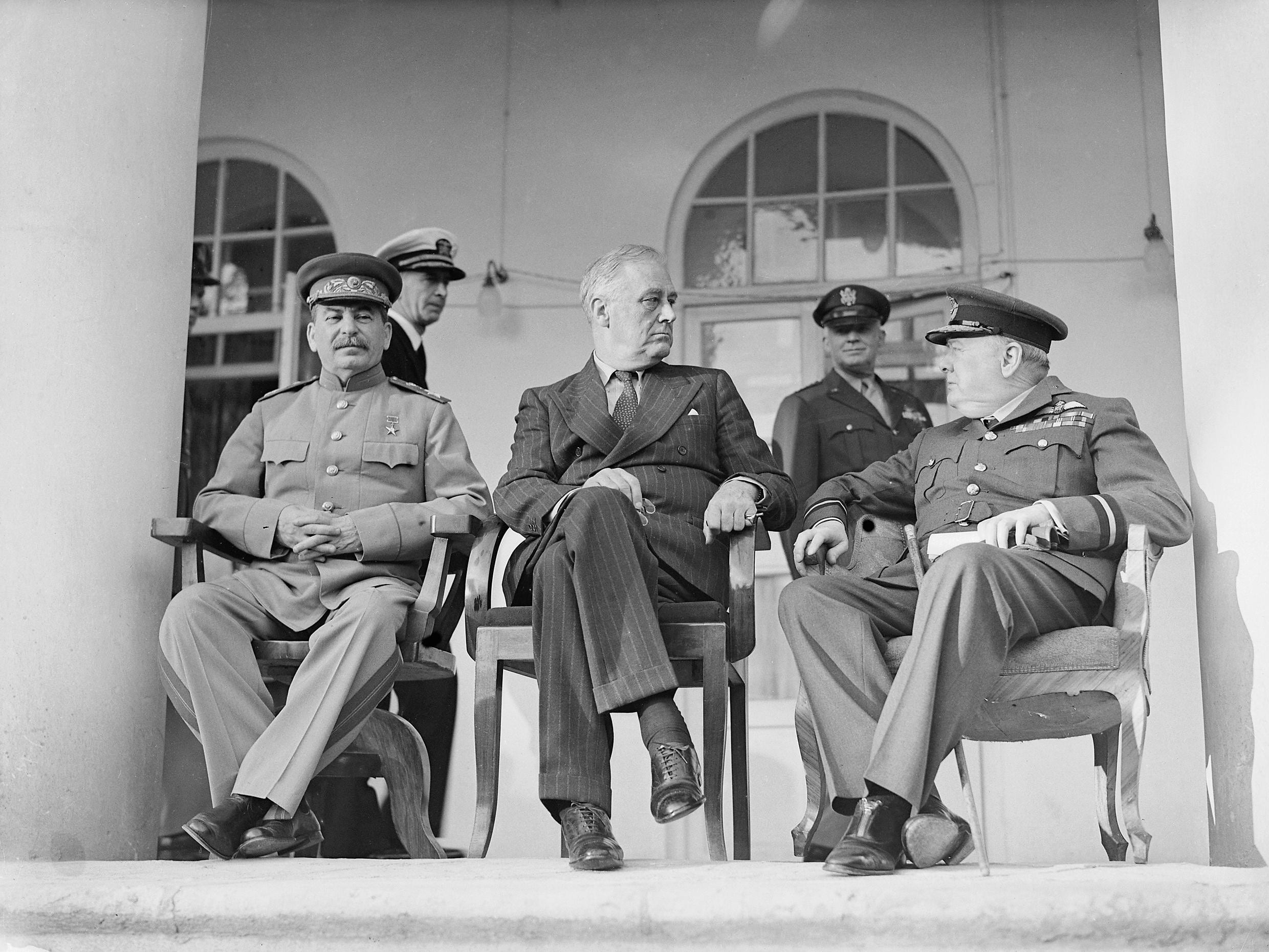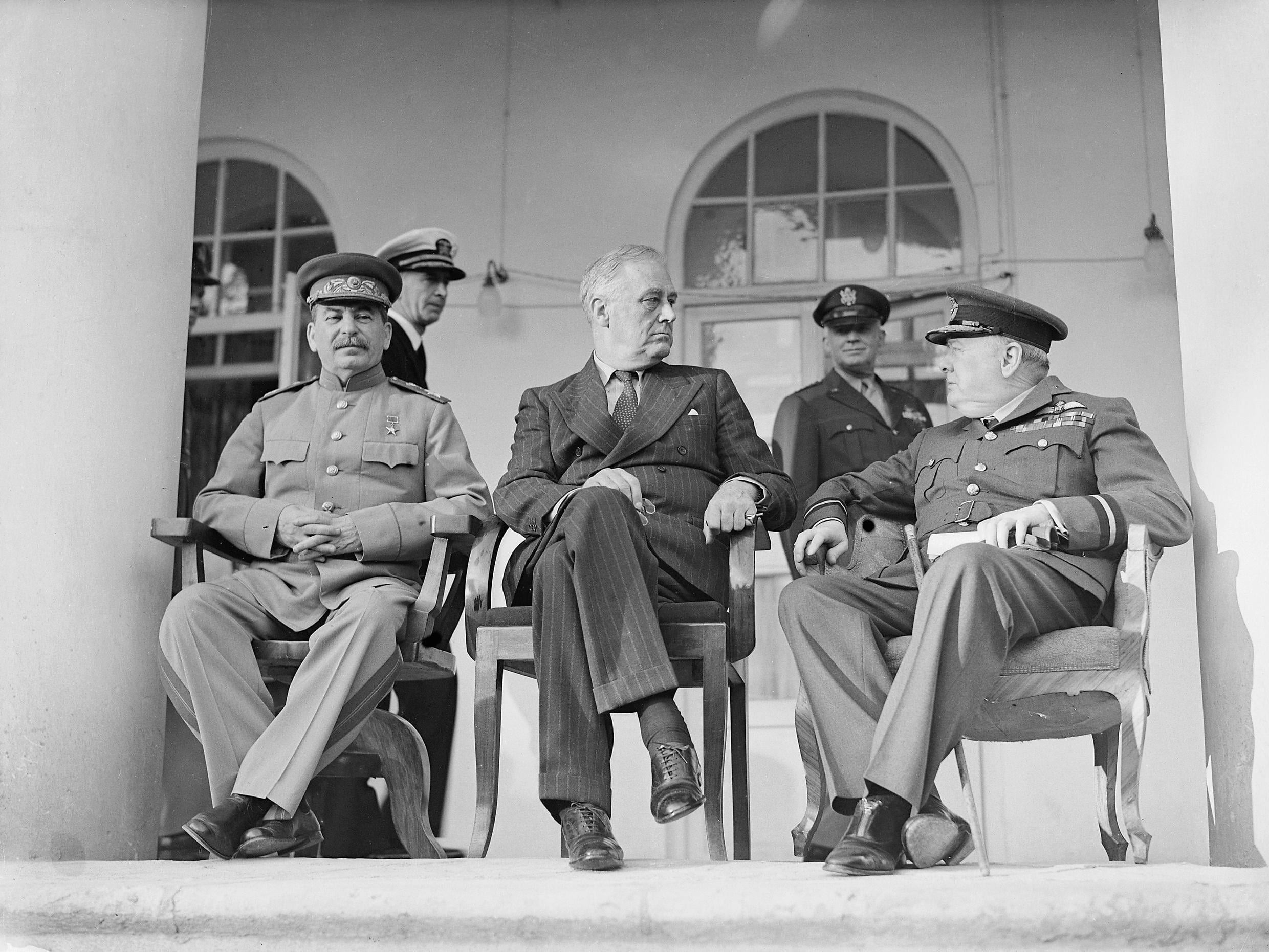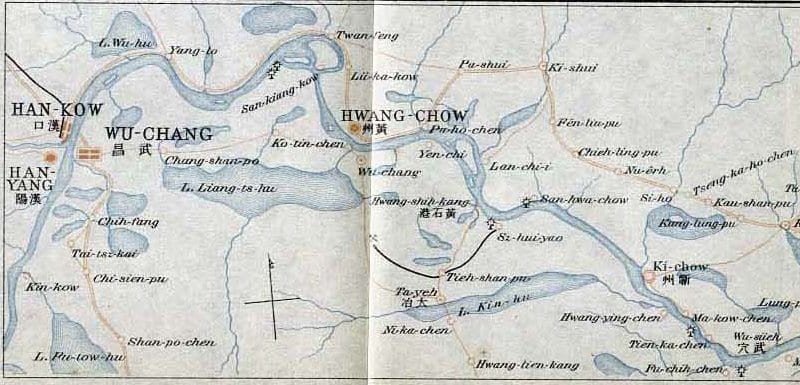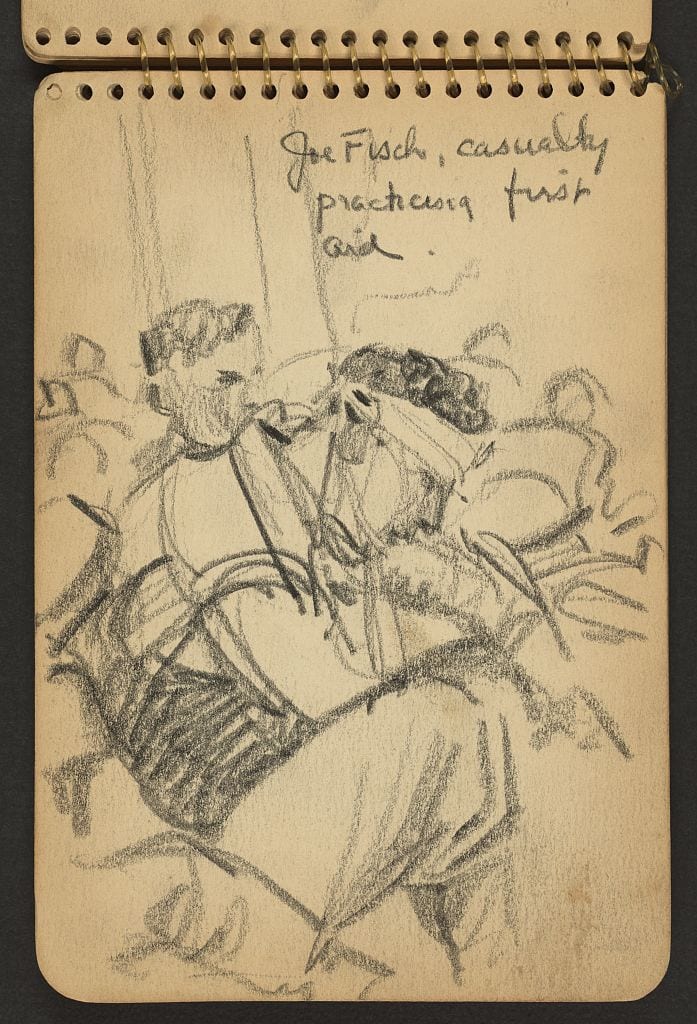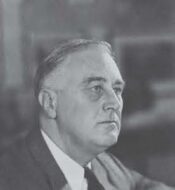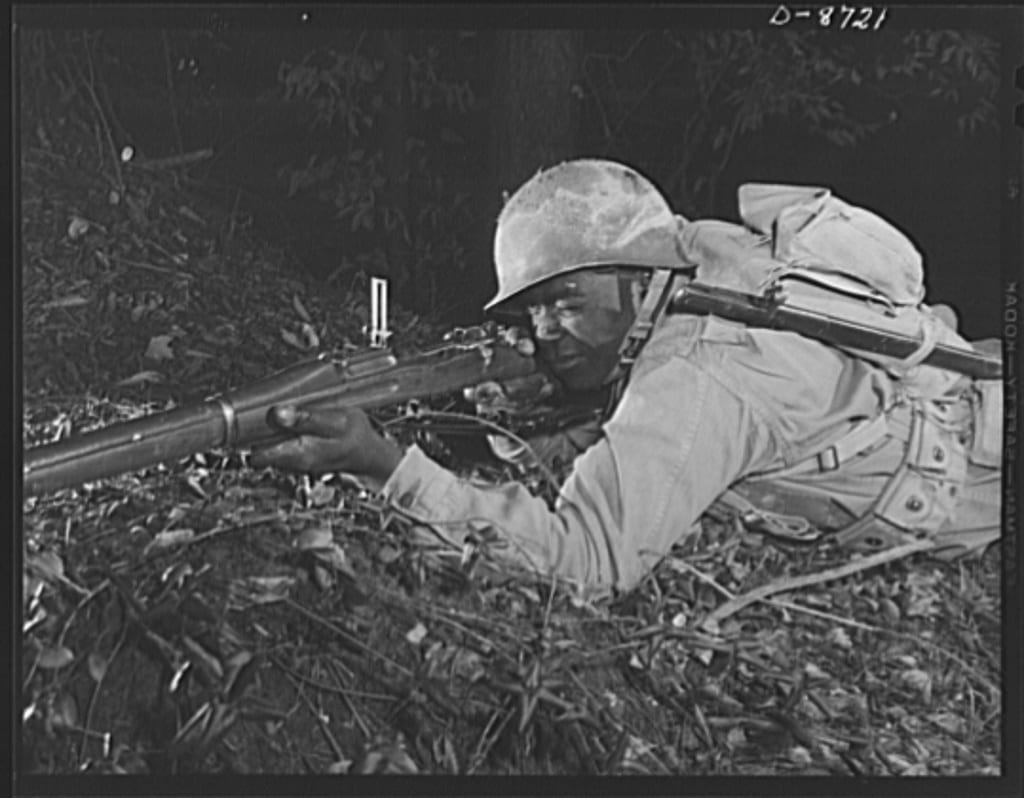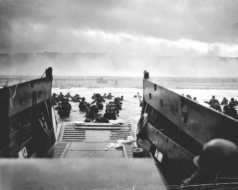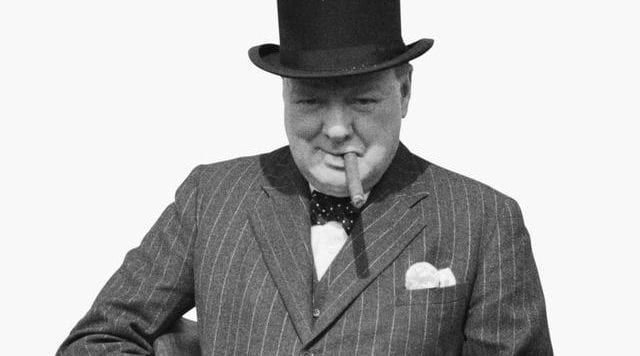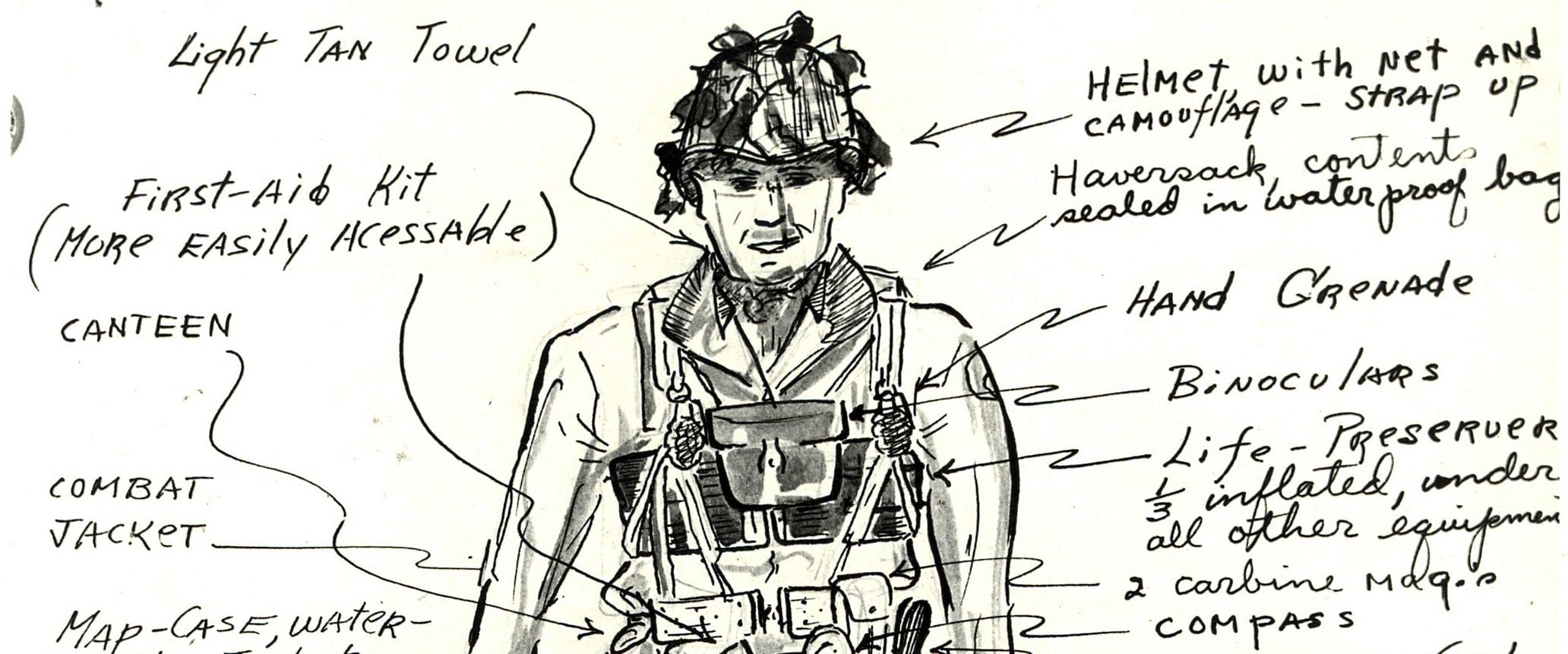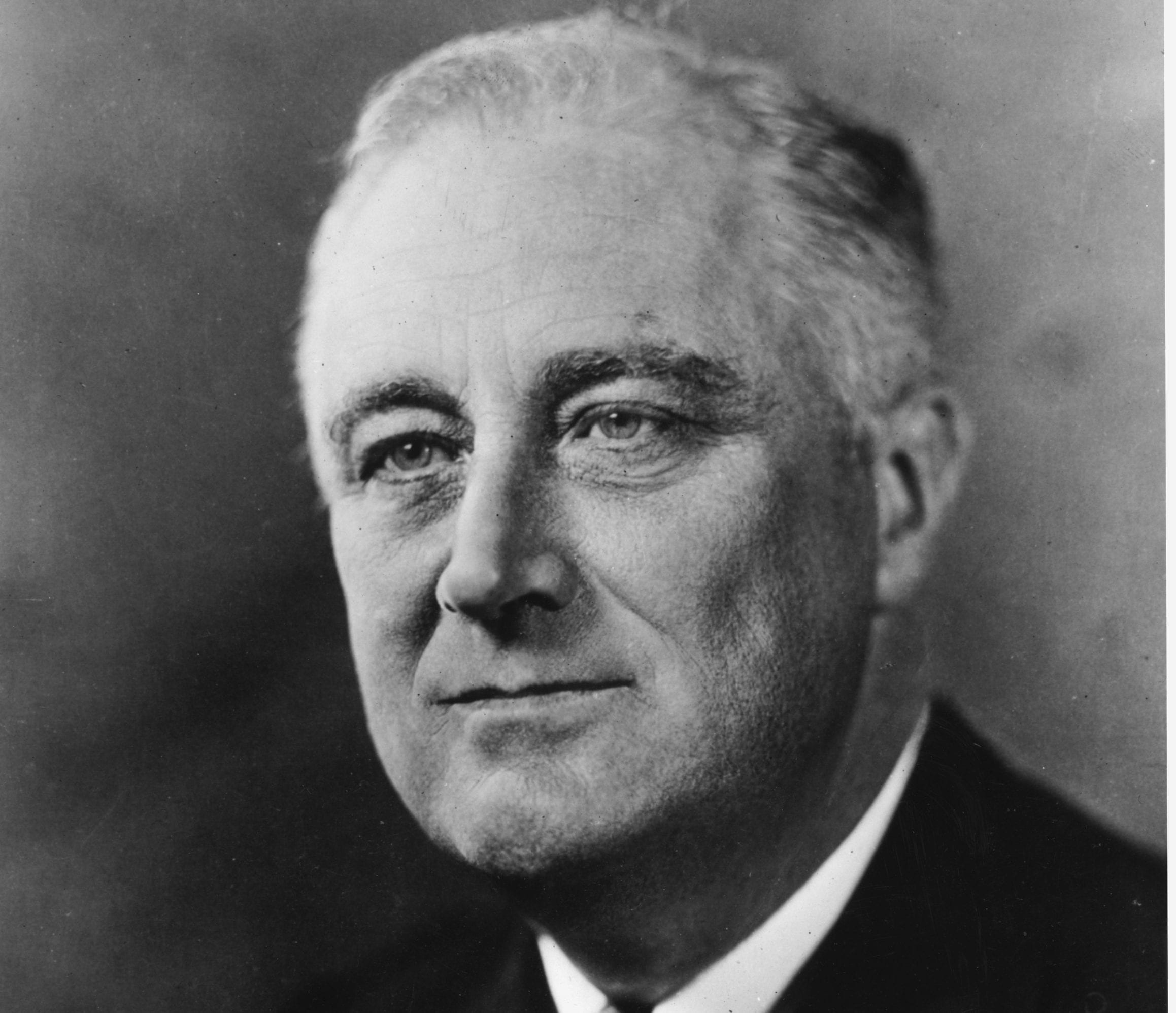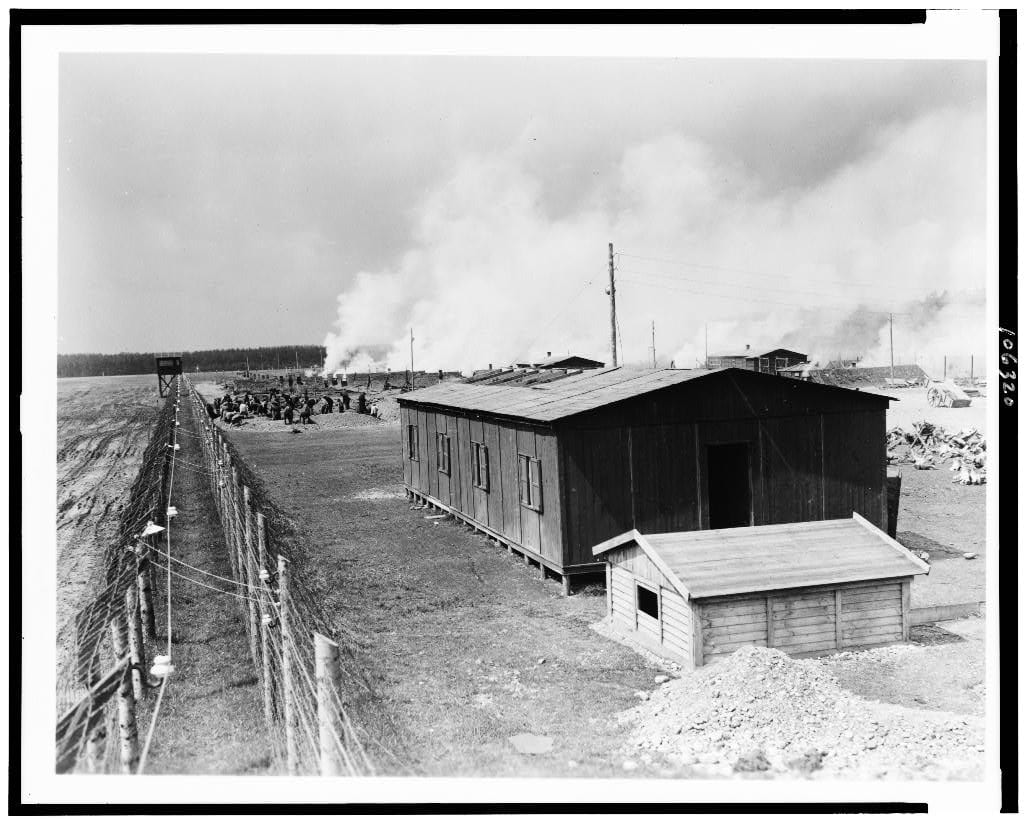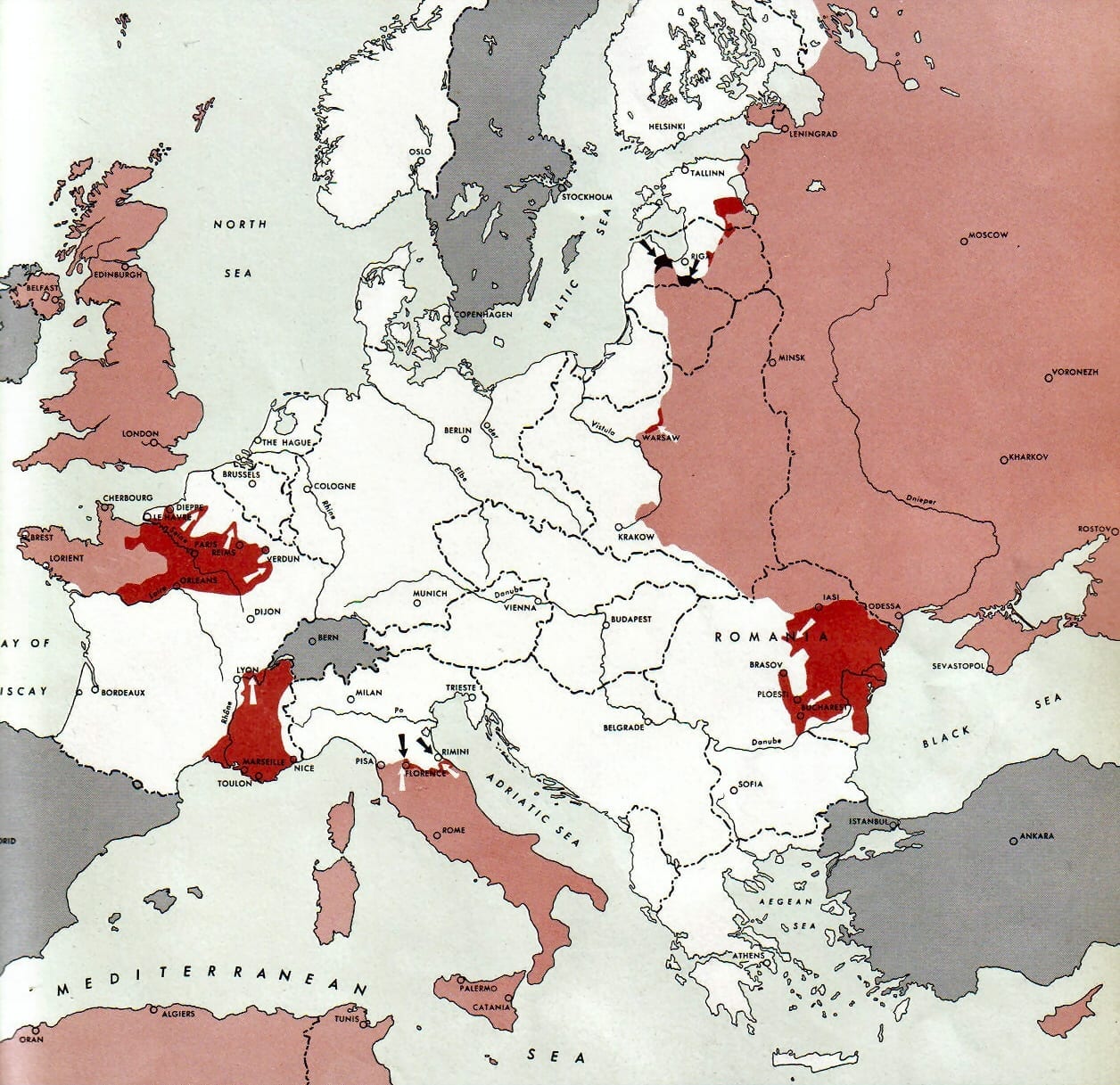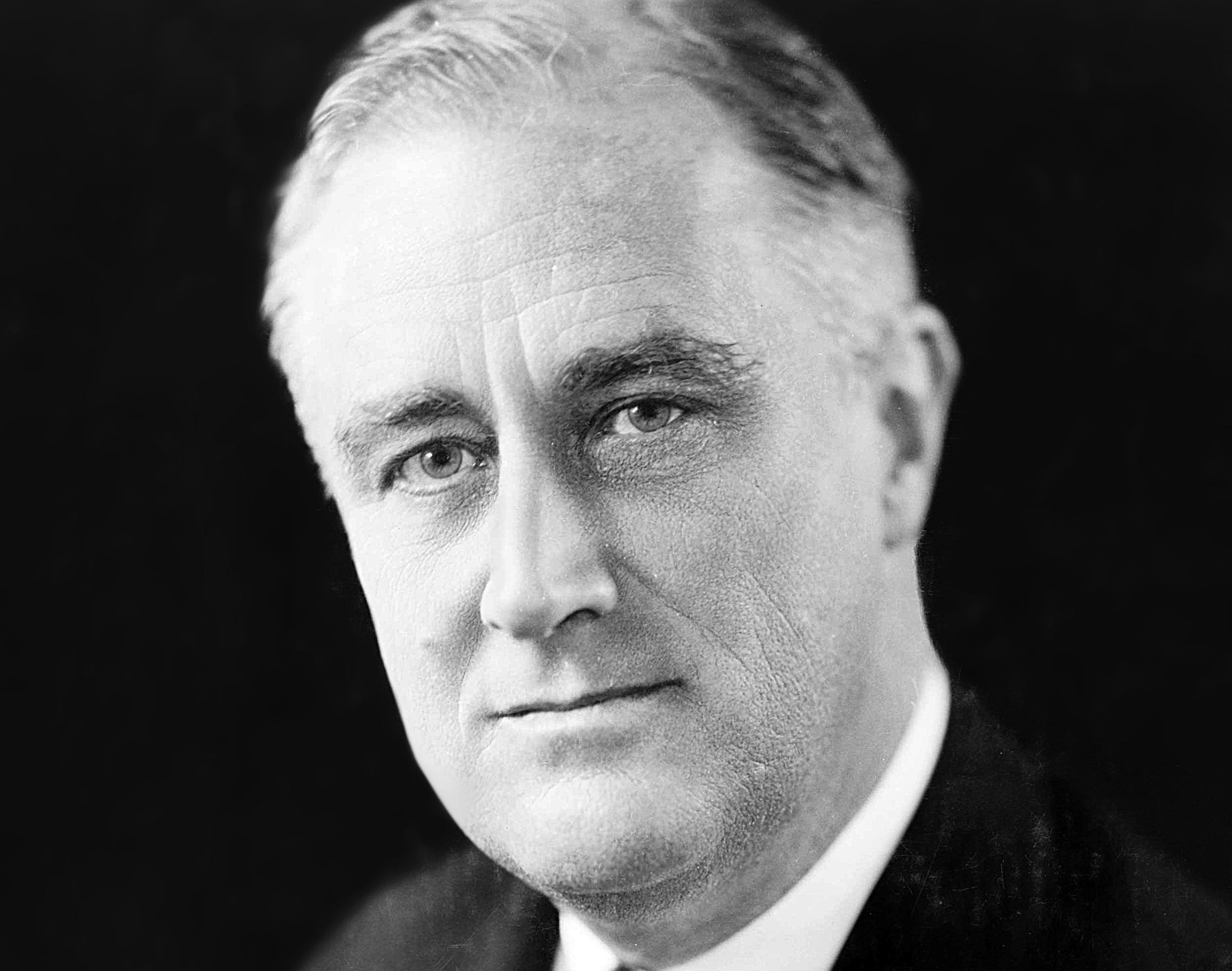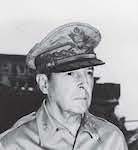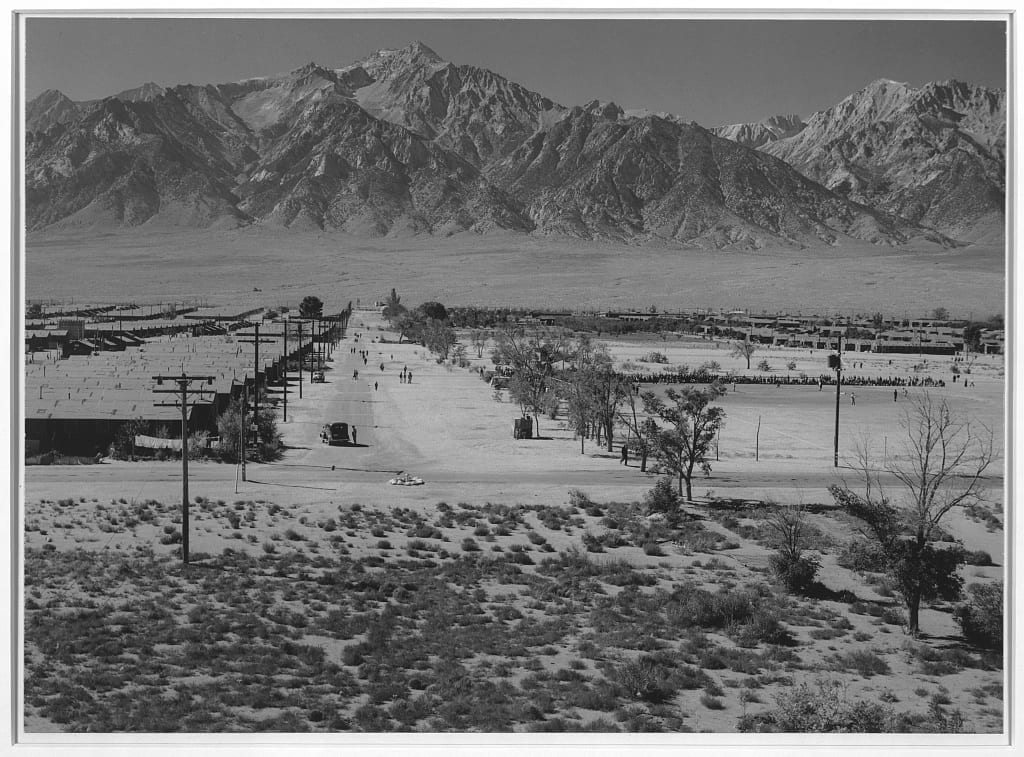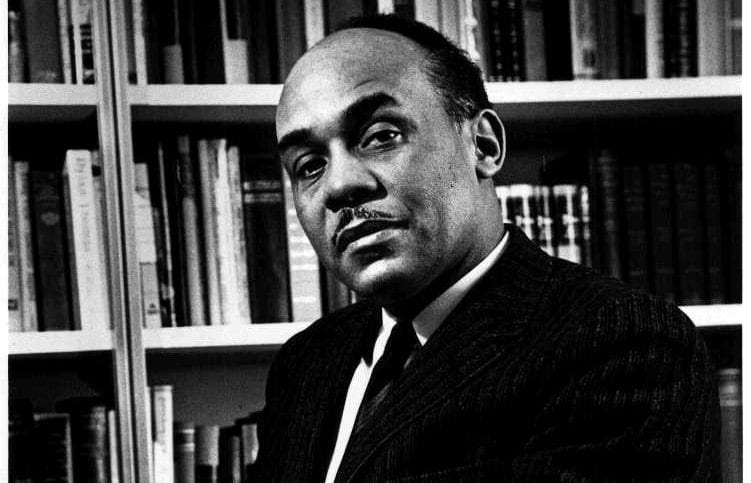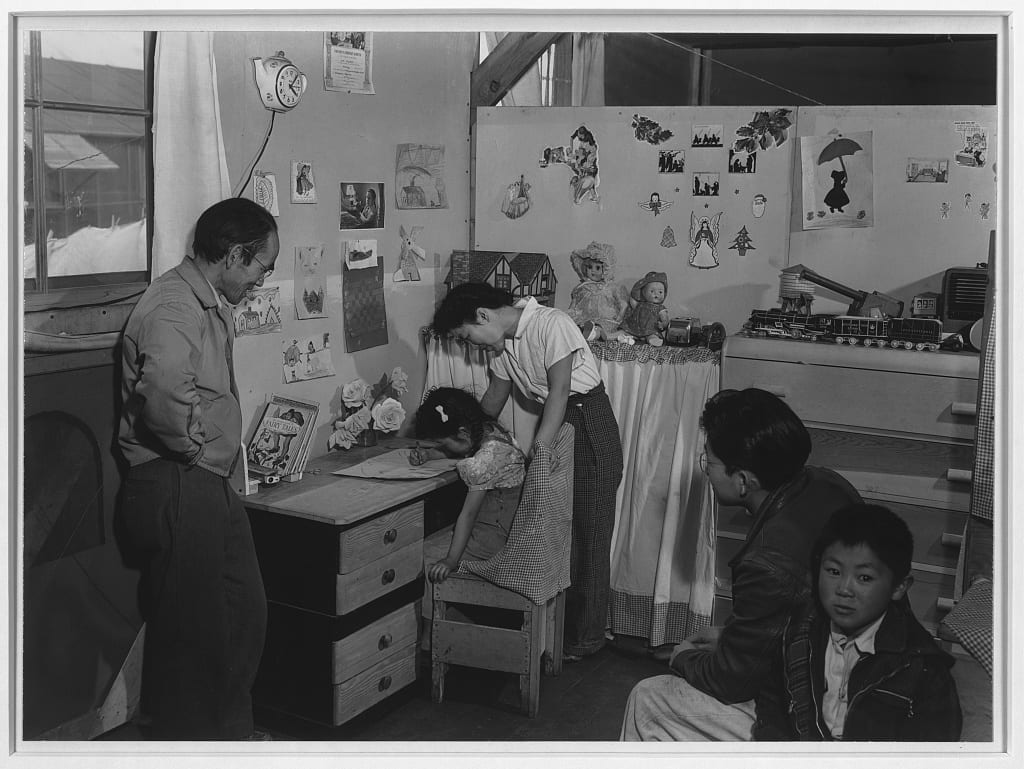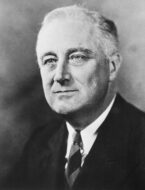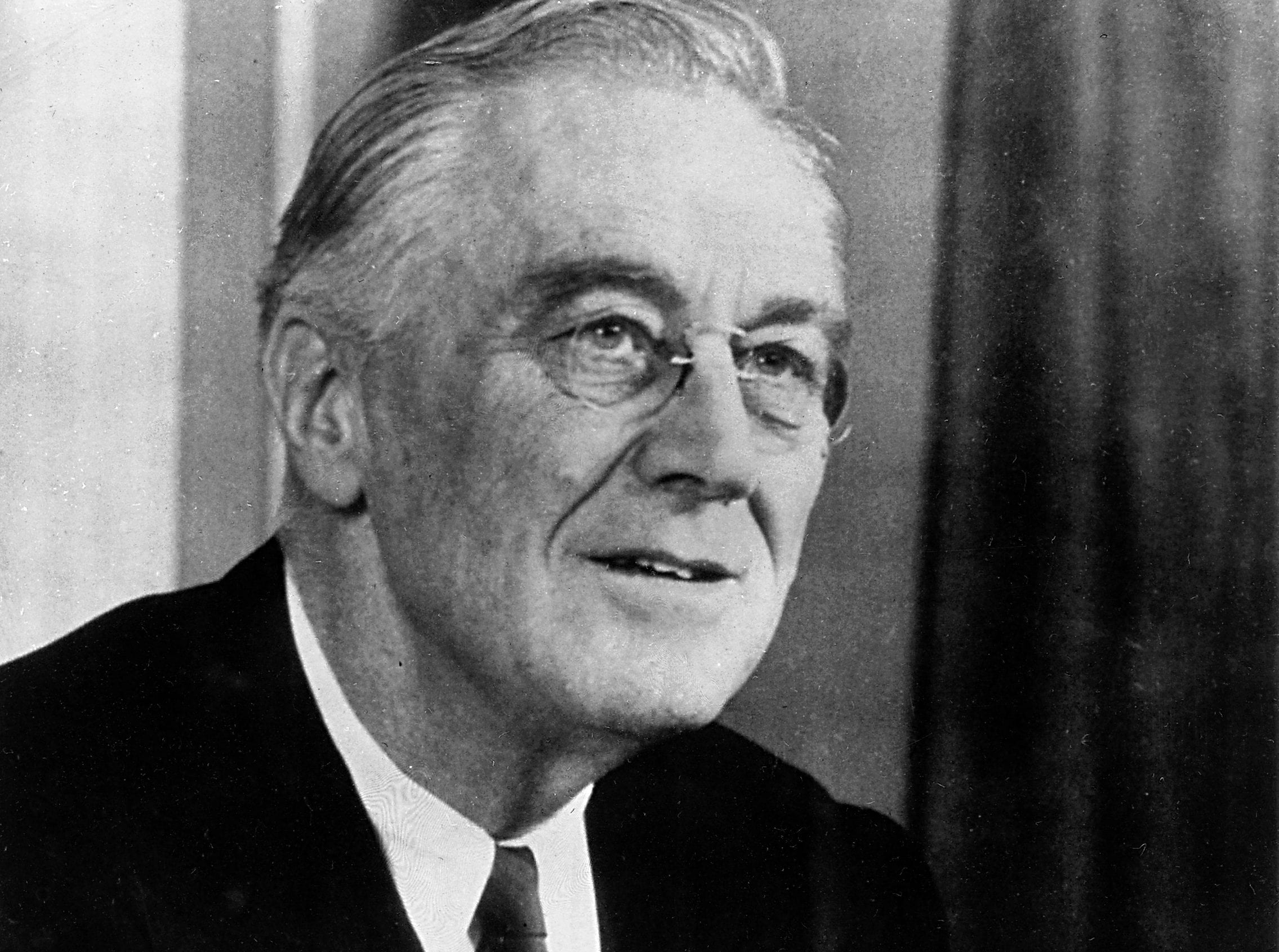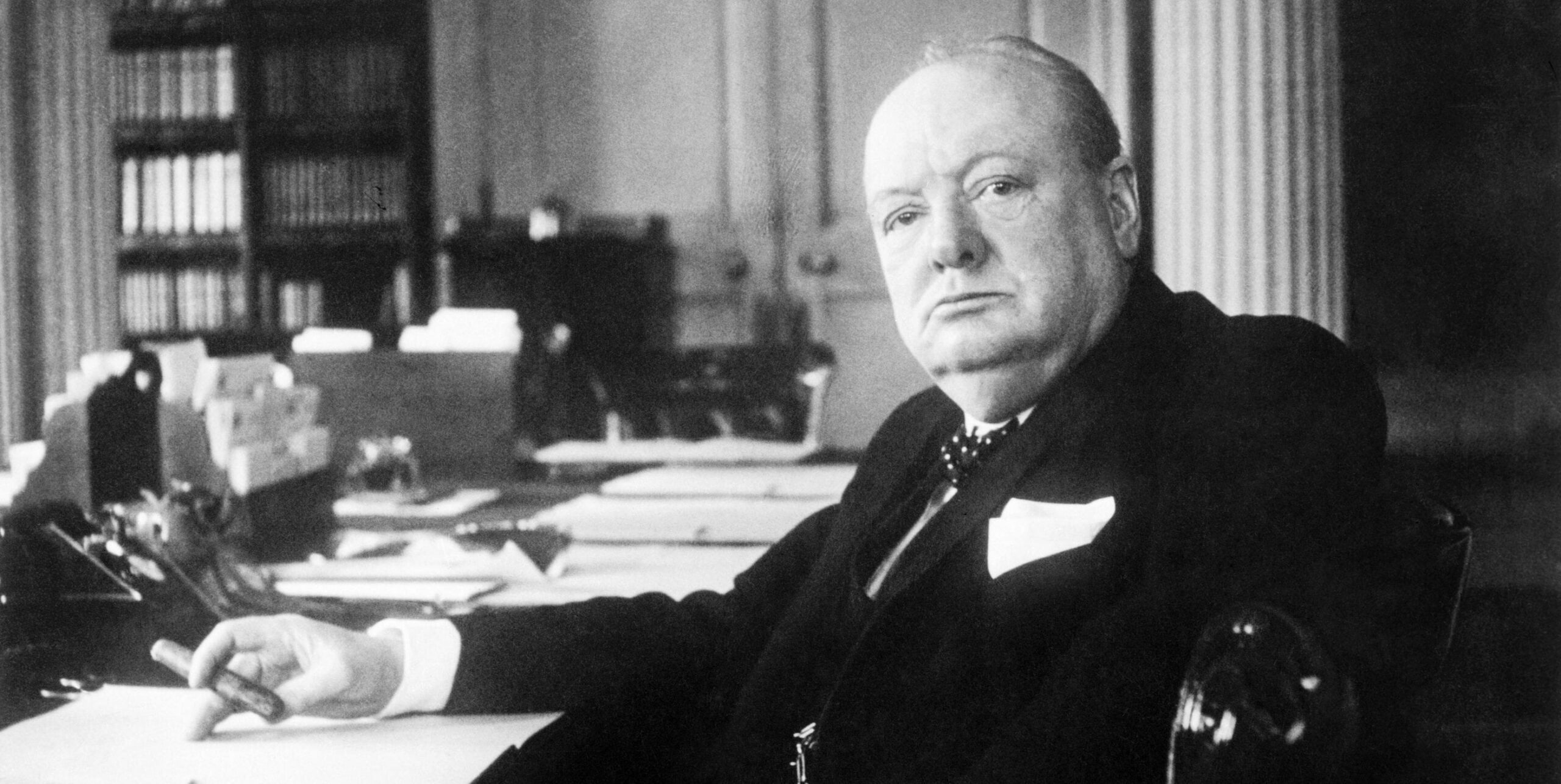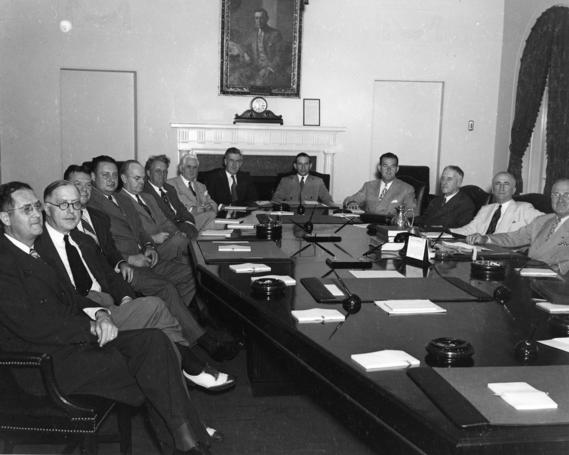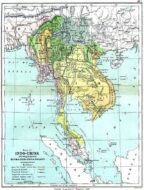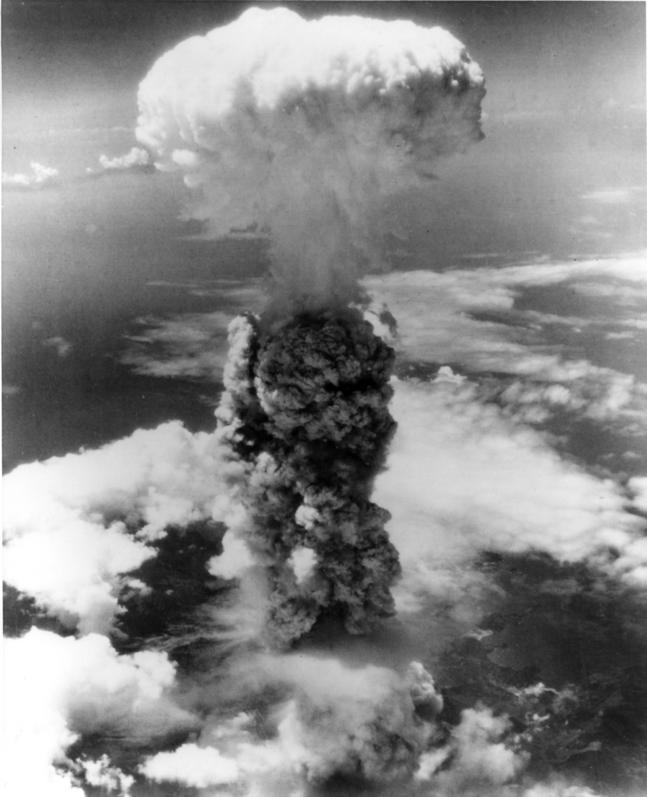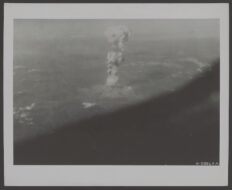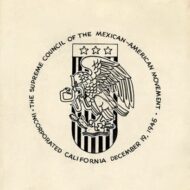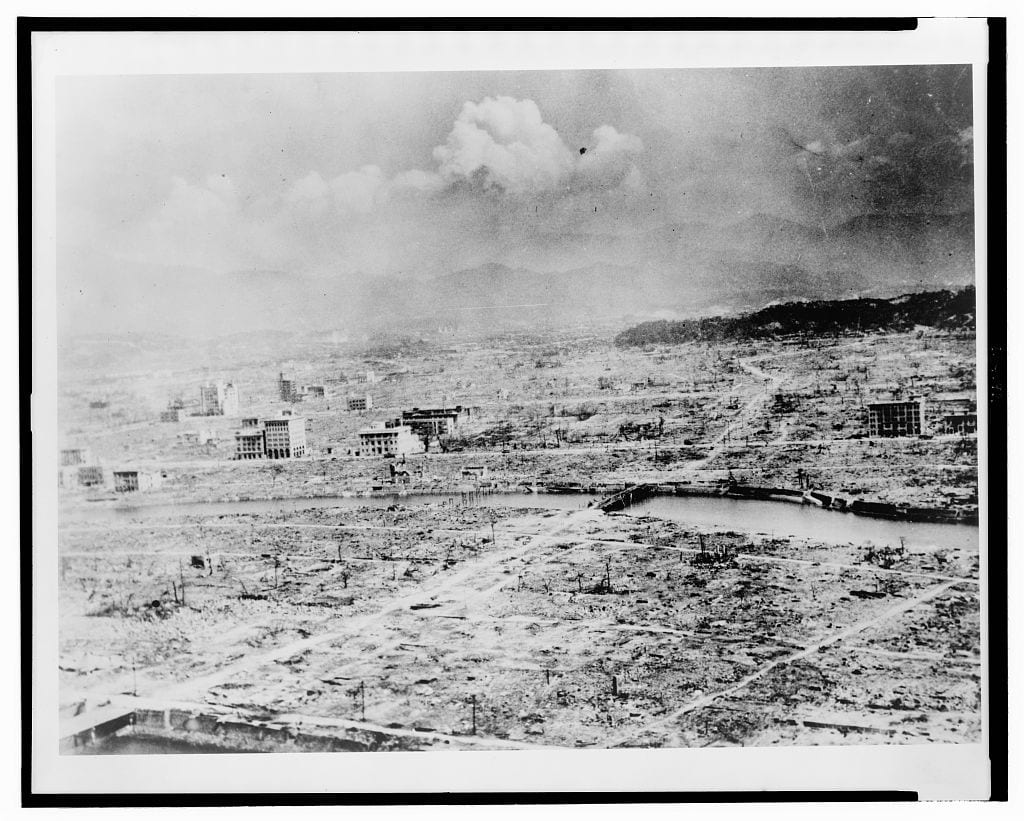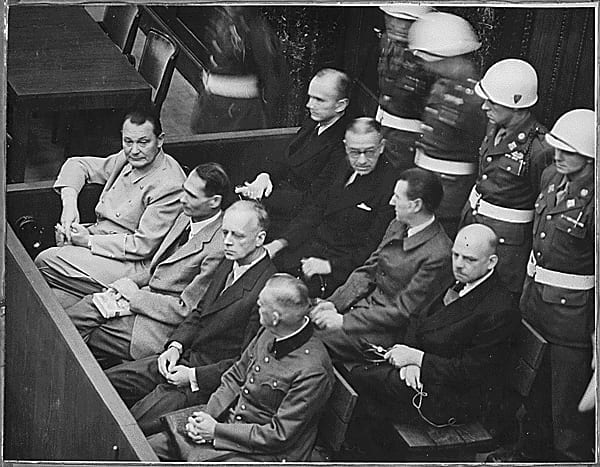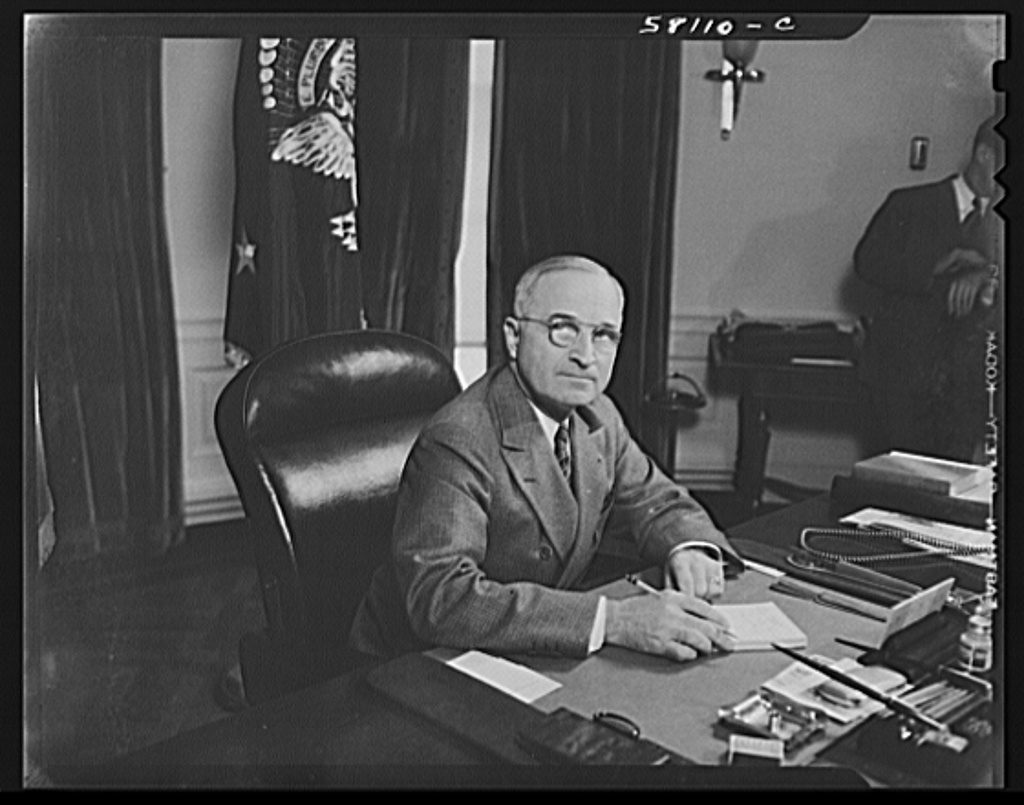After Germany’s surrender on May 7, 1945, the war continued in the Pacific, as did planning for the invasion of Japan. Allied military leaders believed invasion was the only way to force the unconditional surrender for which Allied policy called (see the Potsdam Proclamation). Intense bombing of Japan (on March 9-10, 1945, for example, bombs leveled nearly 16 square miles of Tokyo and killed 90,000 Japanese) had not moved Japan to surrender. Continued fighting in the Pacific (Iwo Jima, February-March, 1945; Okinawa, April-June 1945; and ongoing fighting in the Philippines) led to mounting American casualties. The experience of the invasion of Normandy June 4, 1944 also informed decision making about the use of the atomic bomb.
In May of 1945, Secretary of War Stimson set up a committee, the Interim Committee, to consider issues arising from the development of usable nuclear energy. The Interim Committee was chaired by Brigadier General Leslie Groves and J. Robert Oppenheimer, the two who led the Manhattan Project that developed the atomic bomb. Among other things, this committee considered whether and how the atomic bomb should be used. A sub-committee consisting of scientists involved in the bomb project reported on this question on June 16, 1945. The Interim Committee recommended to Stimson on June 21 “that the weapon be used against Japan at the earliest opportunity, that it be used without warning, and that it be used on a dual target, namely, a military installation or war plant surrounded by or adjacent to homes or other buildings most susceptible to damage.”
On June 18, 1945, President Truman met with his civilian and military advisers to consider the plan for the invasion of Japan. At the subsequent Potsdam Conference, Truman and Allied leaders warned Japan of the consequences of further resistance.
On August 6, 1945, the United States dropped an atomic bomb on Hiroshima, Japan, killing 80,000 people instantly. The American people learned about the new weapon from a White House press release. Three days later, the United States dropped a second atomic bomb on Nagasaki that killed 35,000 people. Japan surrendered unconditionally on August 14. Devastating though these attacks were, the bombing of Hiroshima and Nagasaki was not the only factor that led the Japanese to surrender unconditionally. A blockade had fully isolated Japan from outside resources by the summer of 1945 and the Russians entered the war against Japan, August 9, 1945. The latter event was a factor considered on June 18.
Shortly after the first use of the bomb, Oppenheimer wrote to Secretary of War Stimson to express his growing concern, shared by many of the scientists who worked on the Manhattan Project, about the military and political consequences of atomic weapons.


